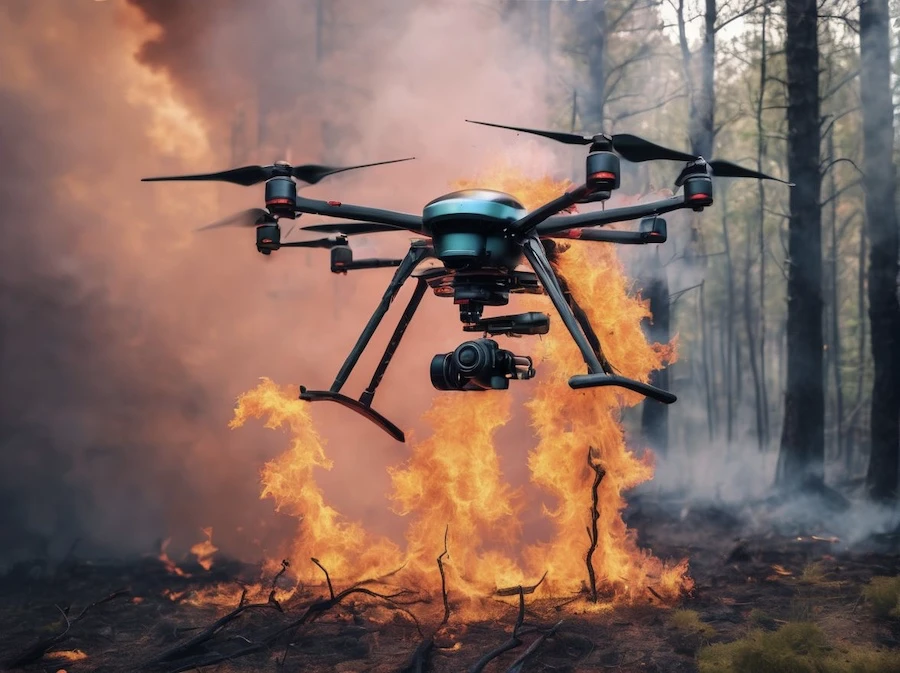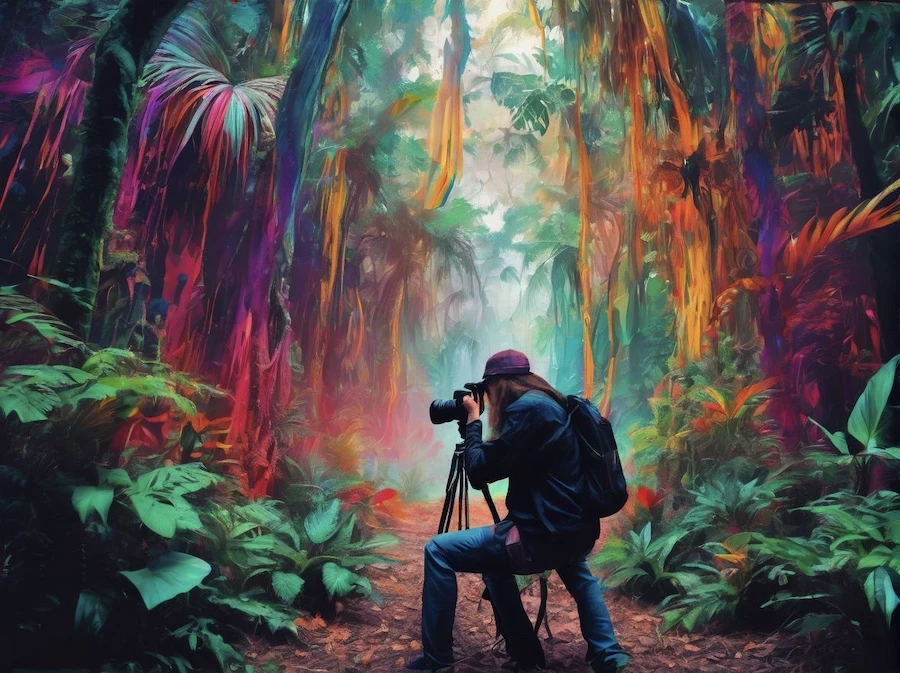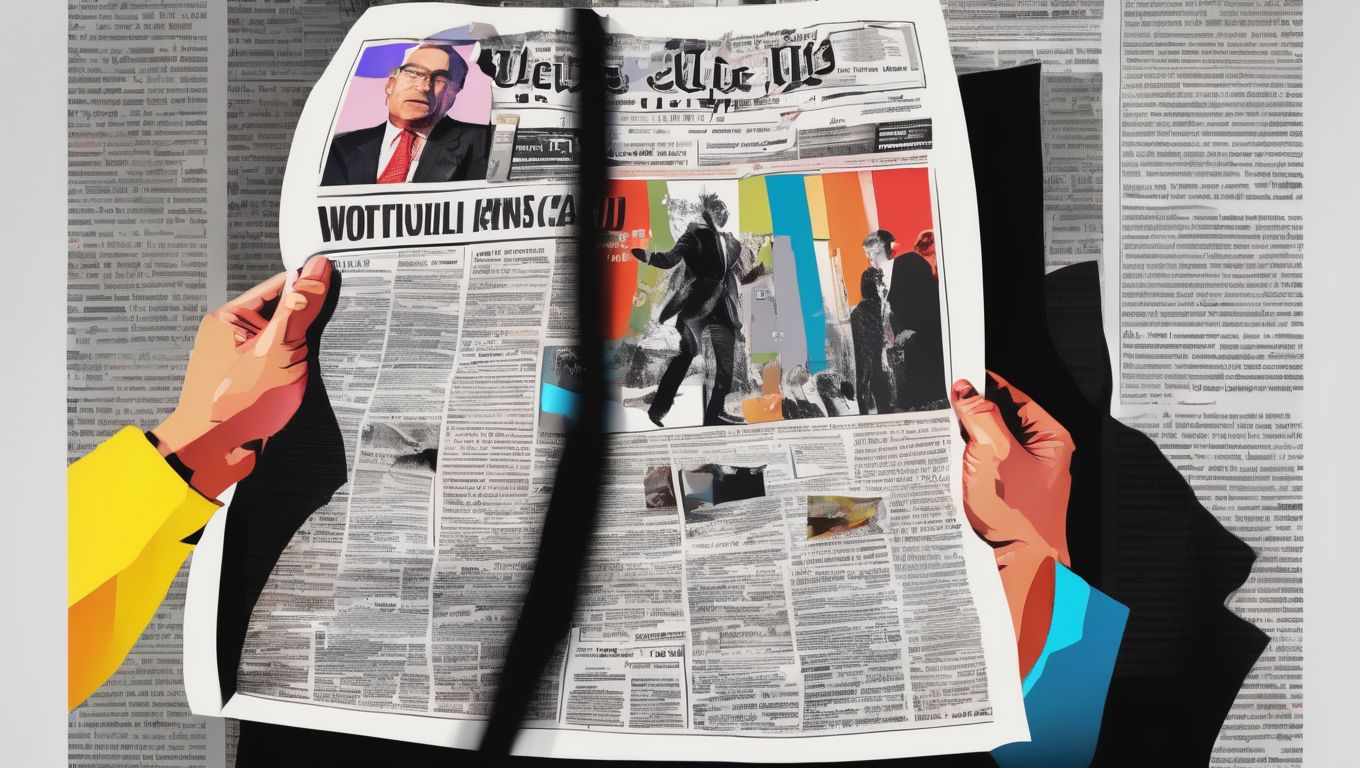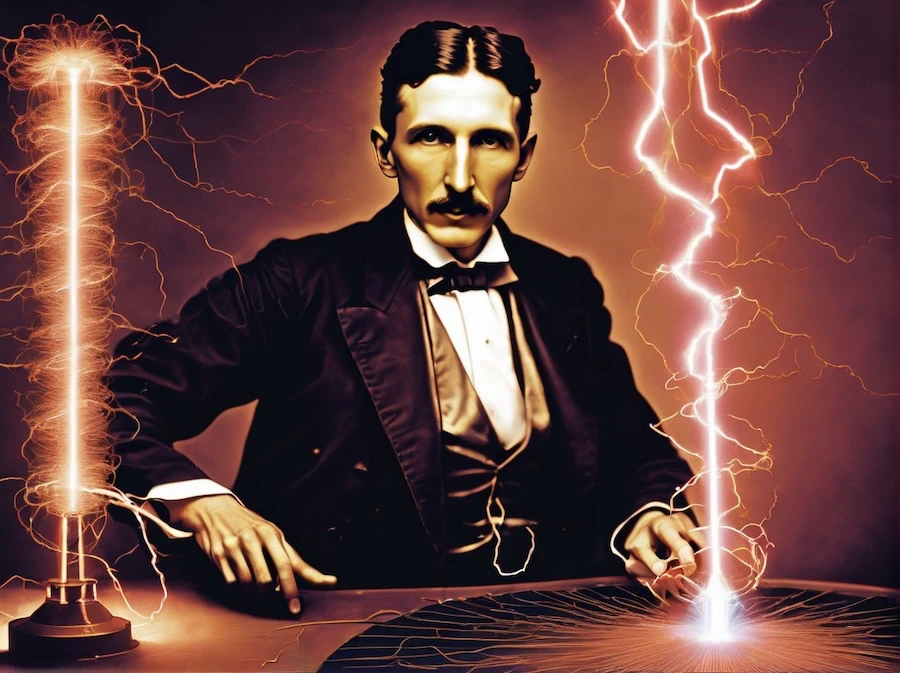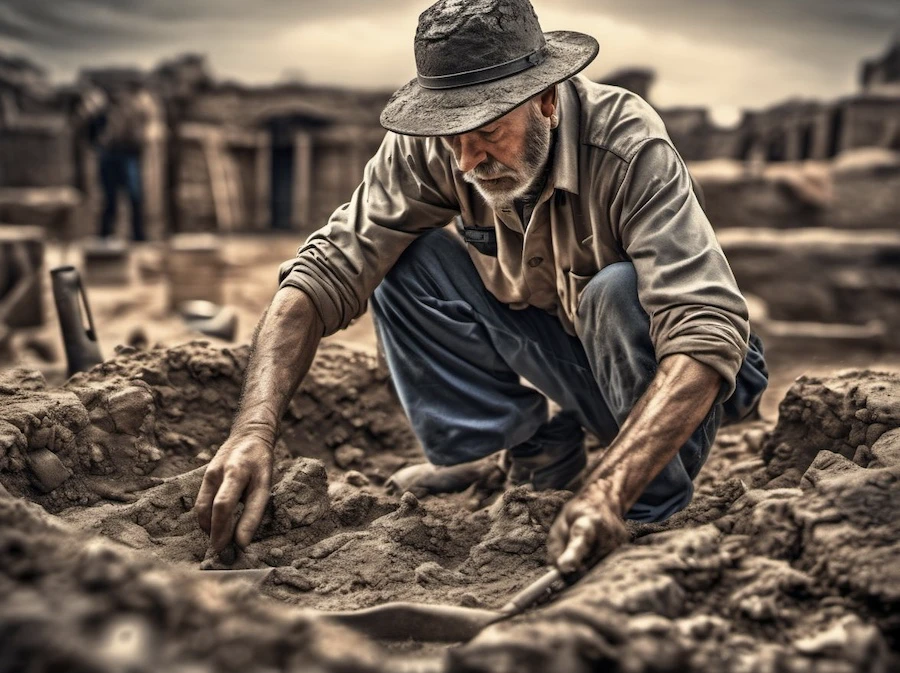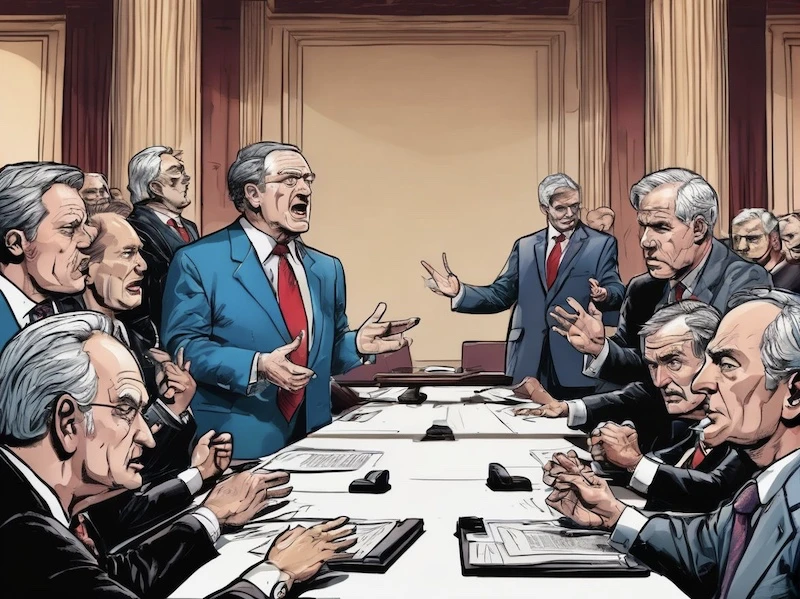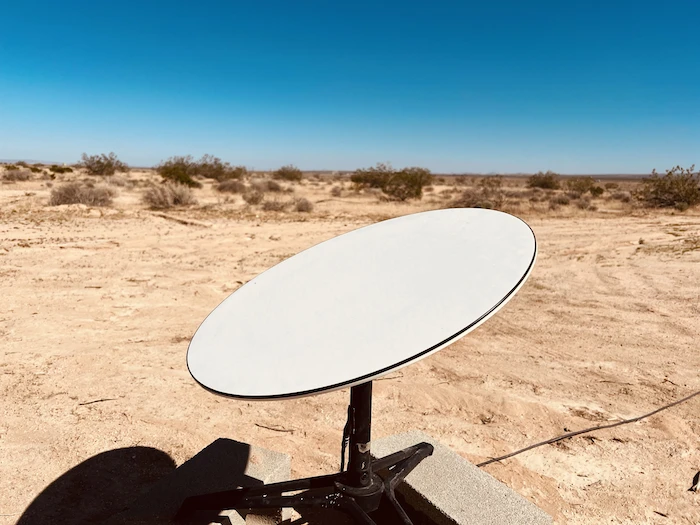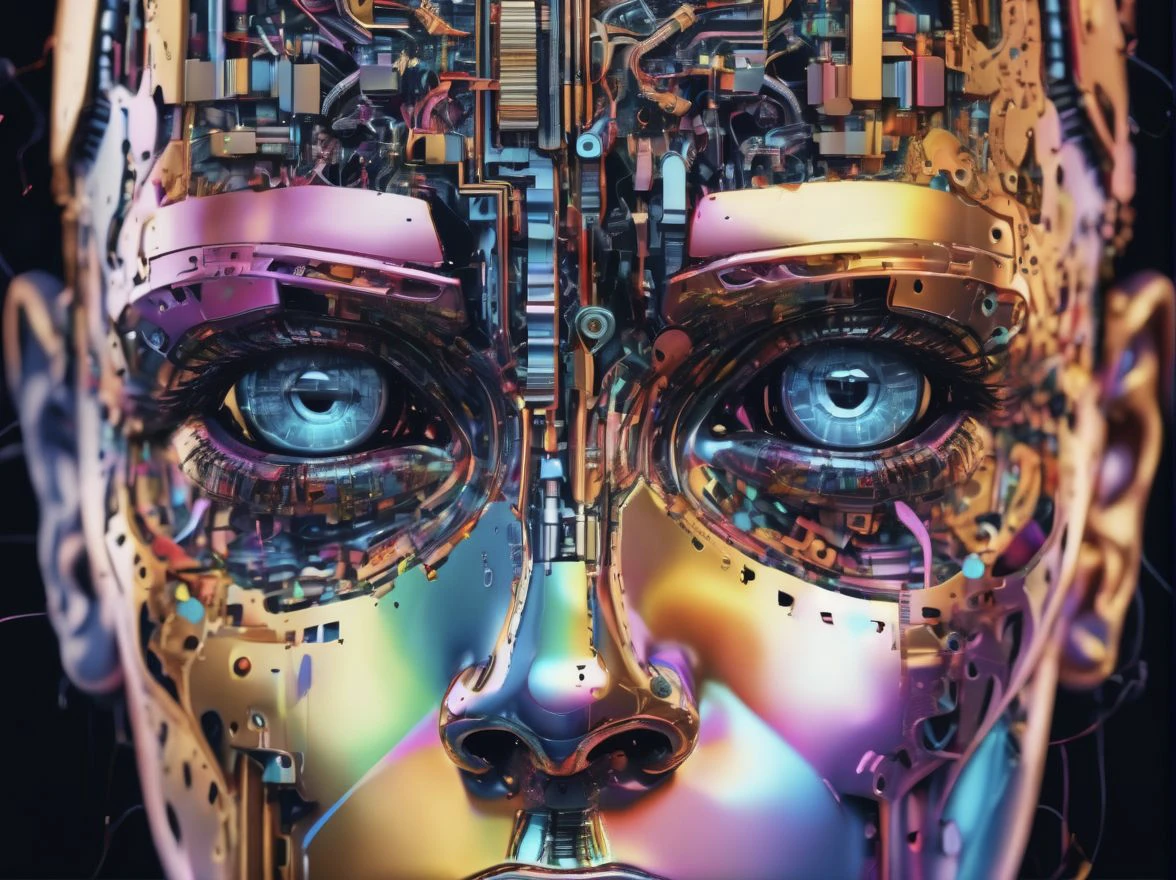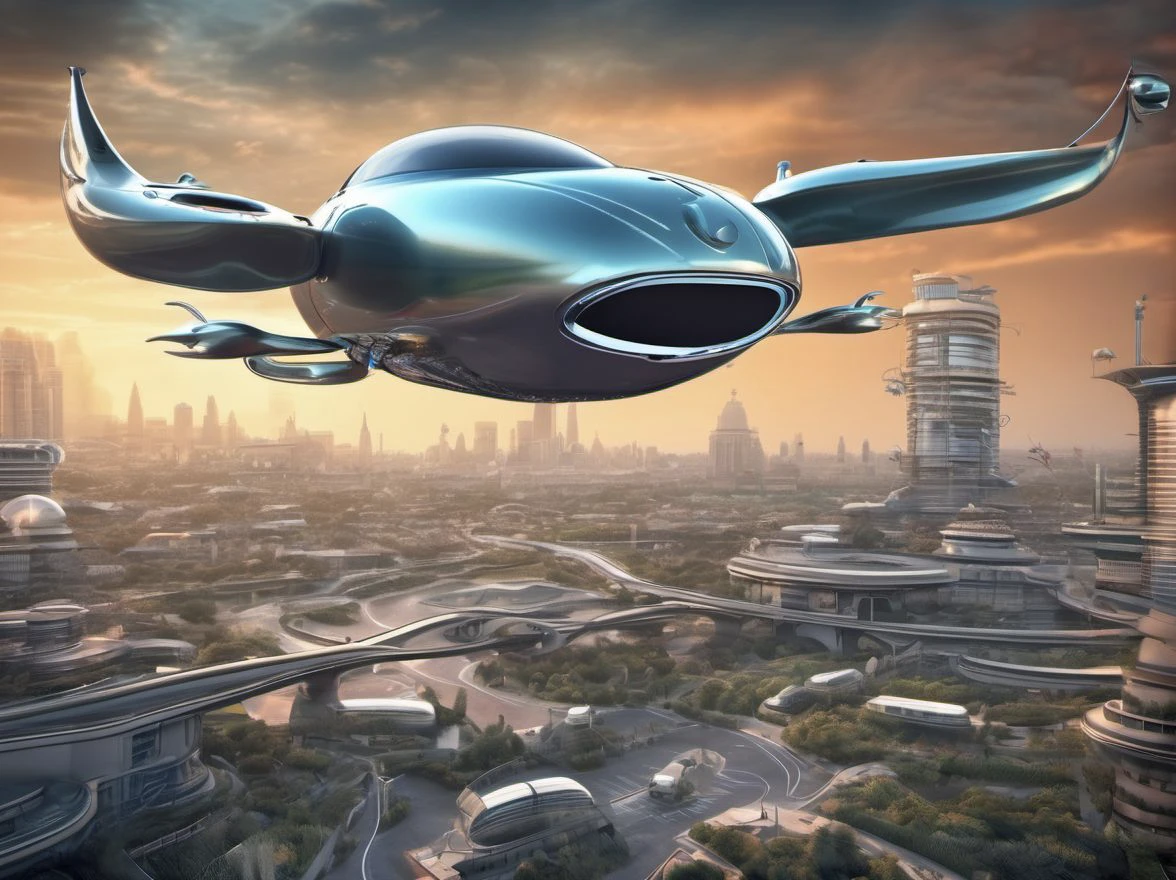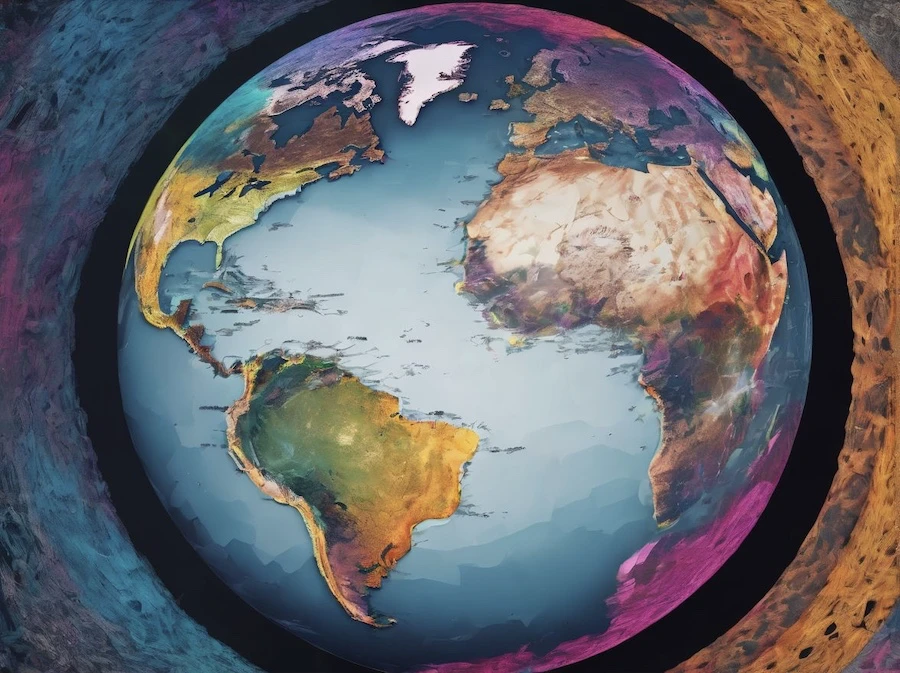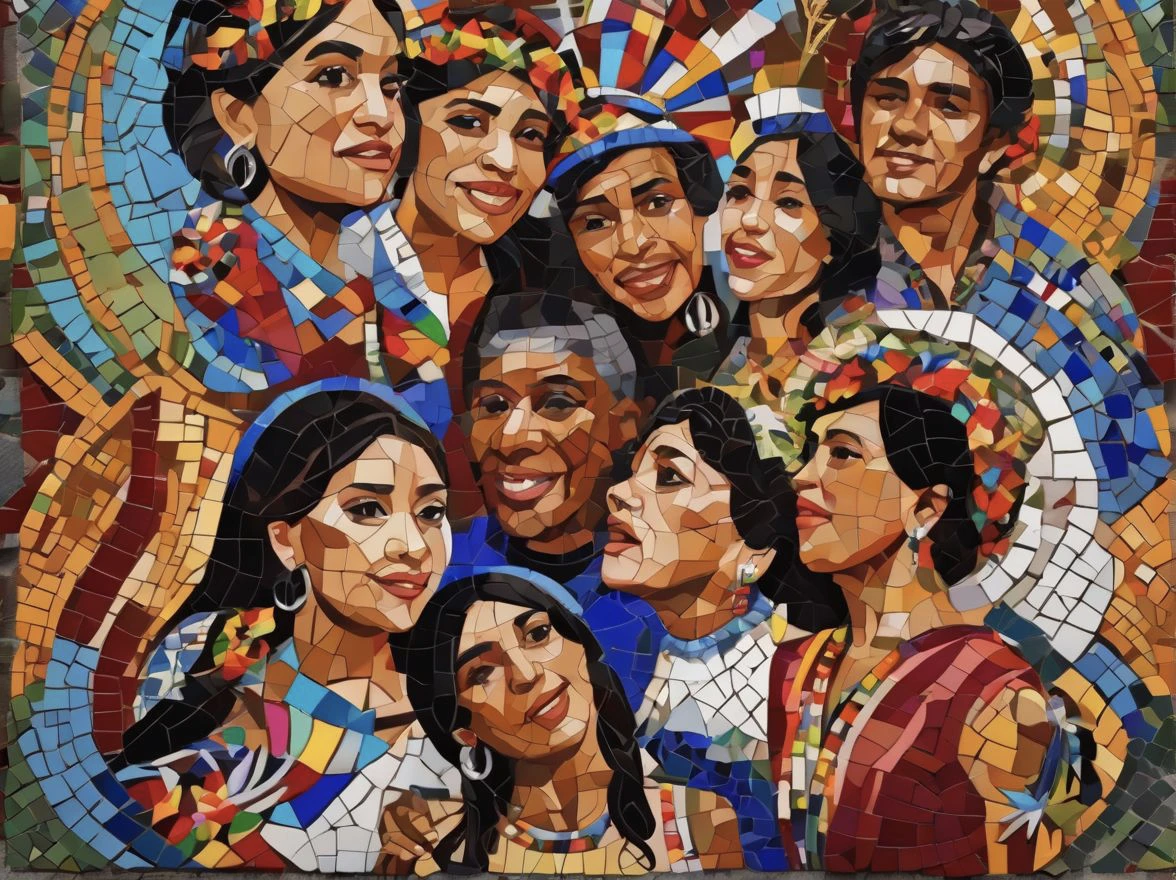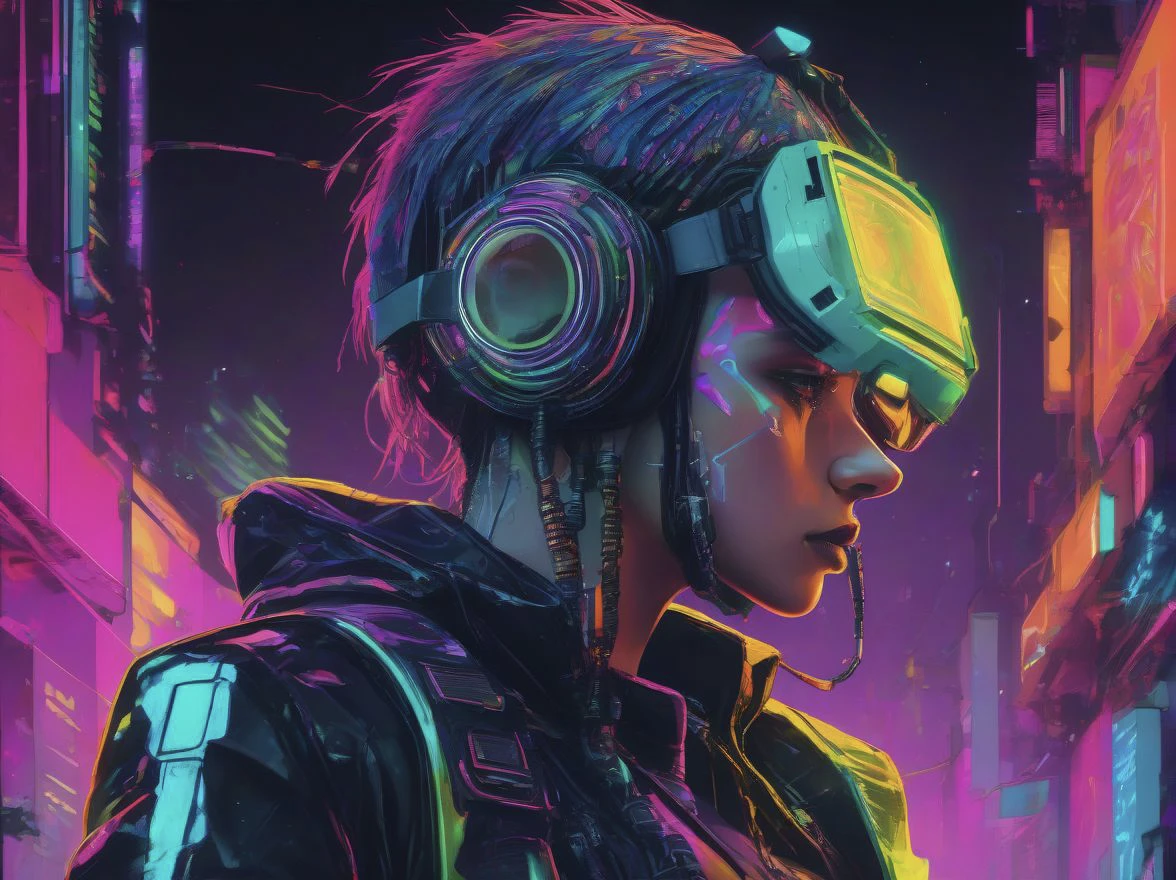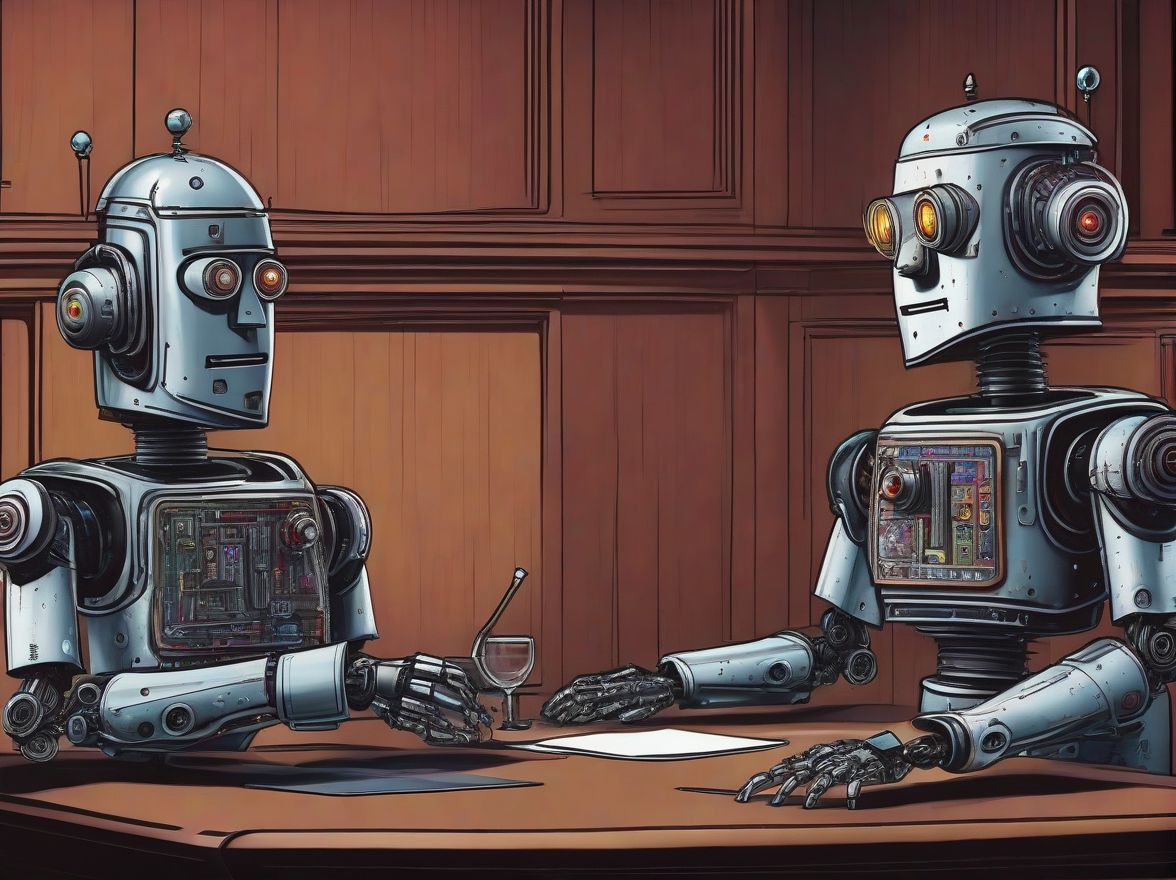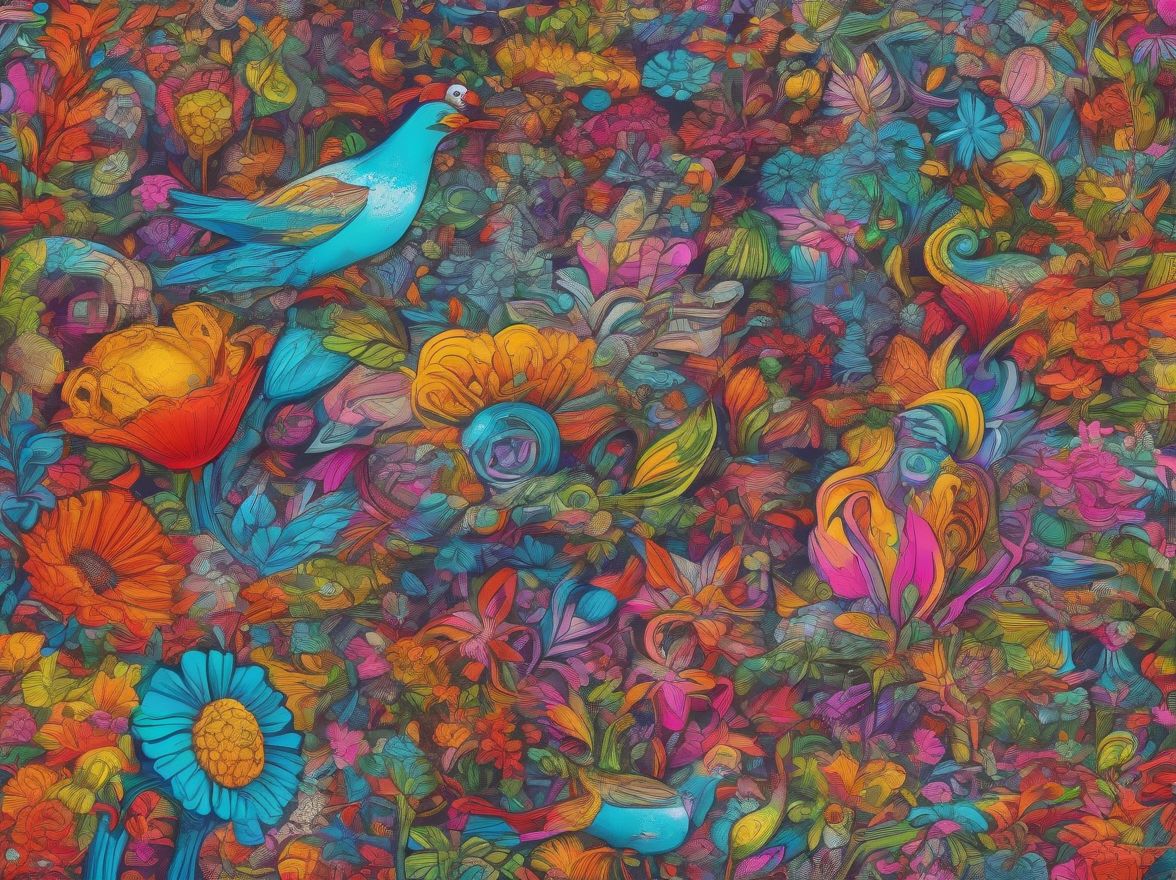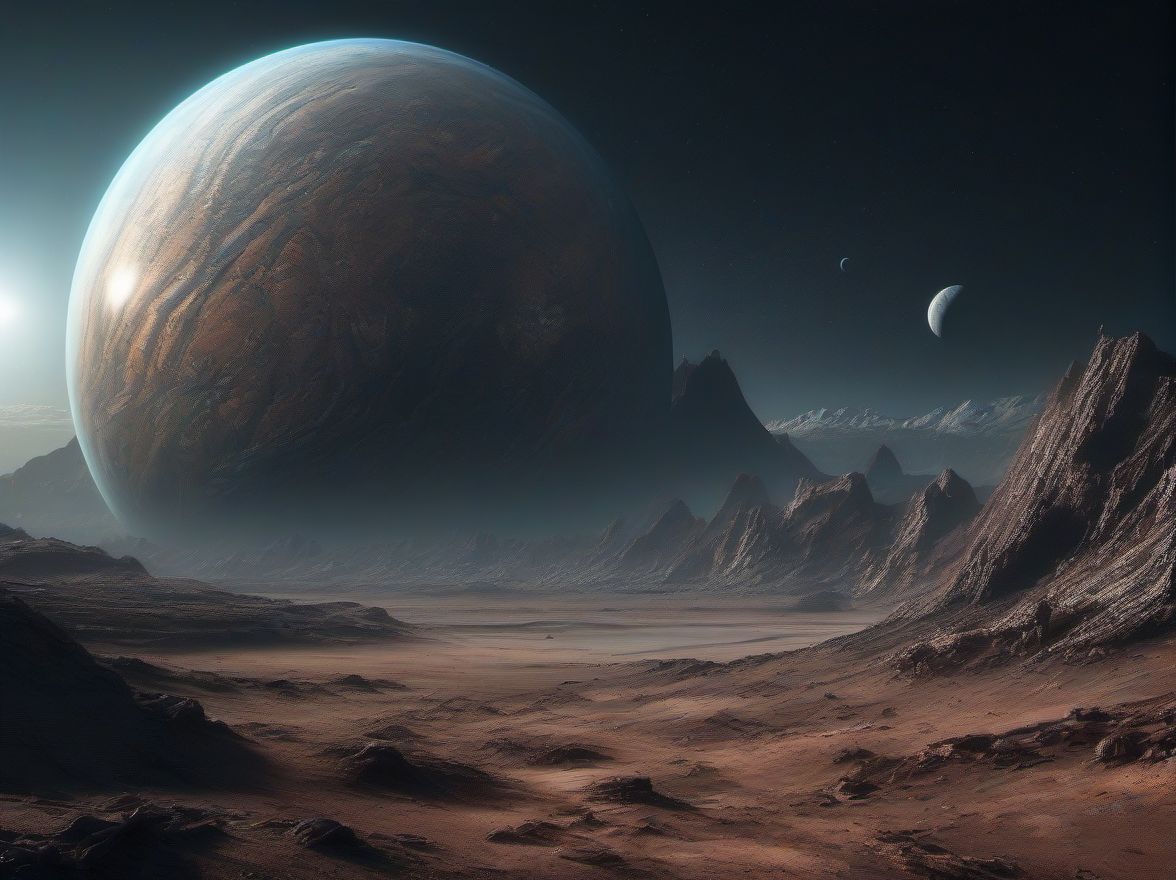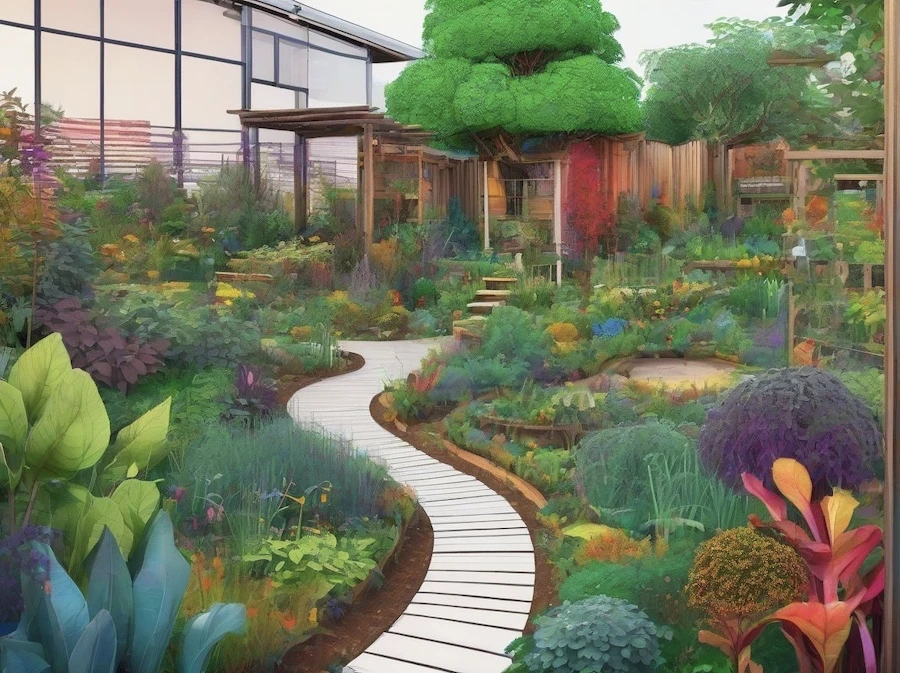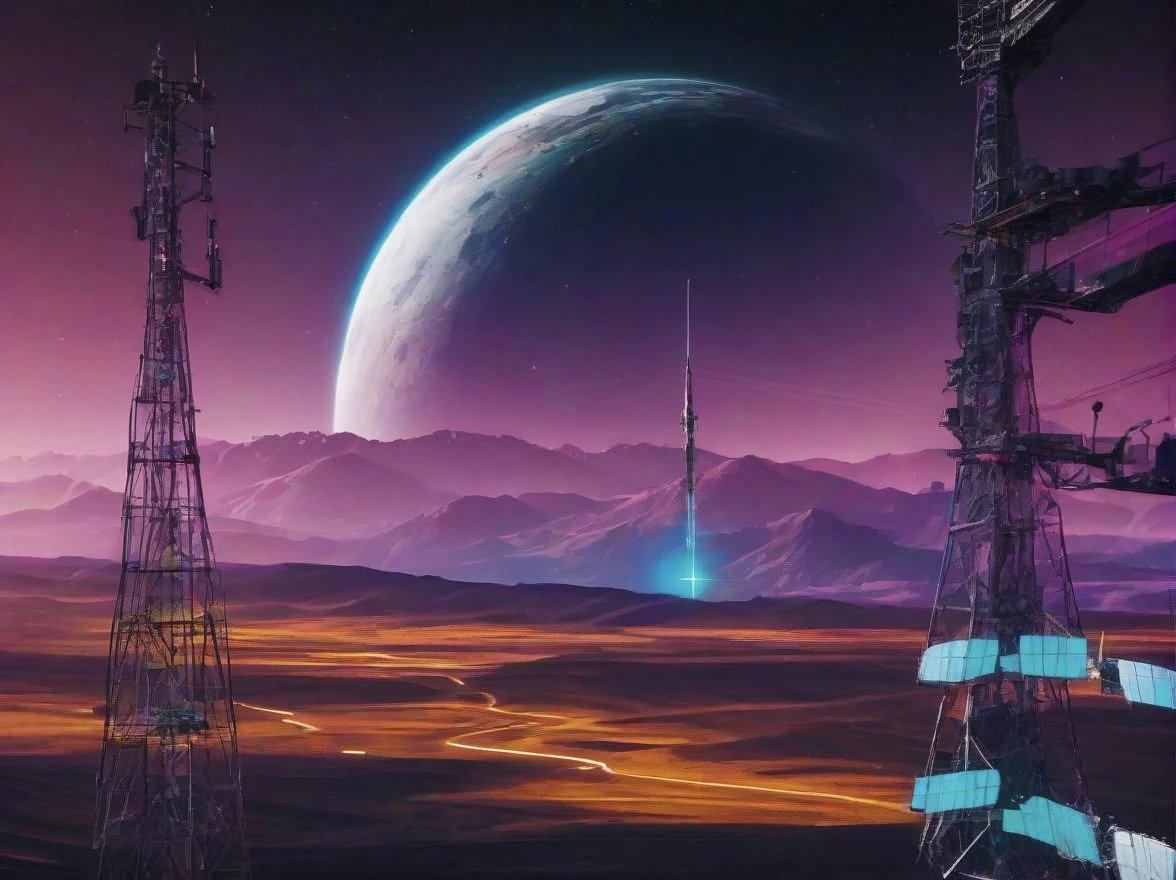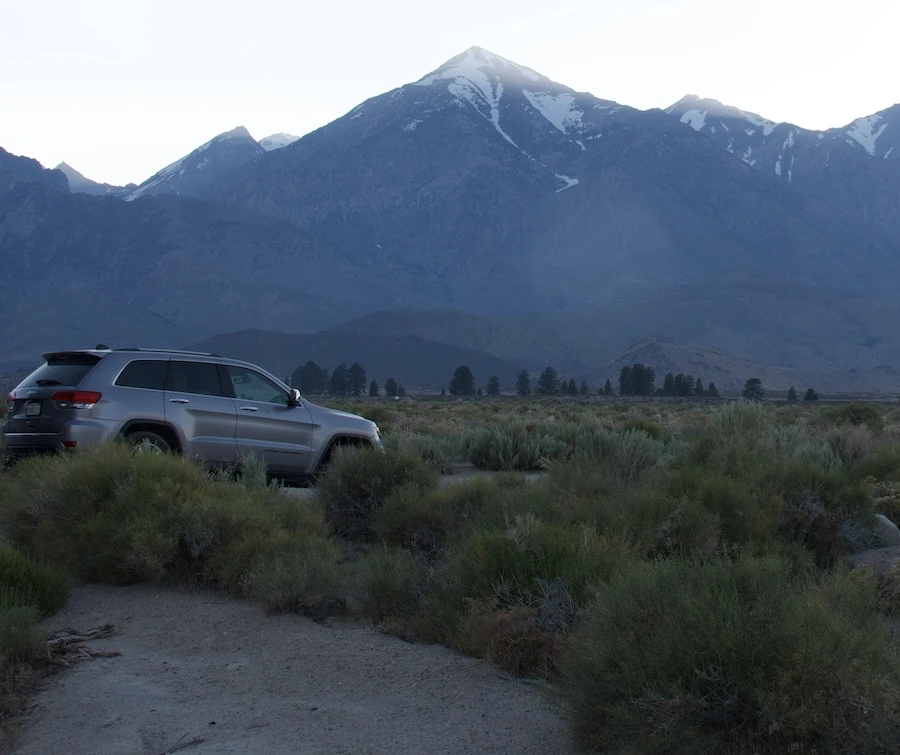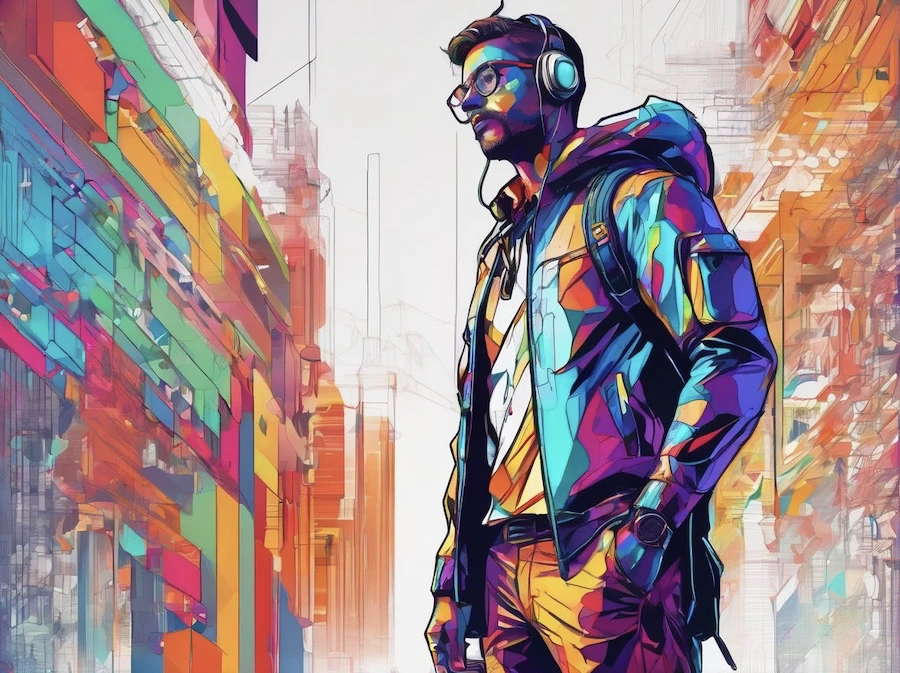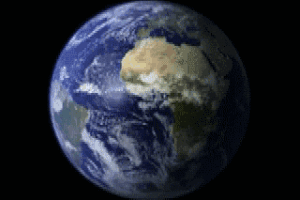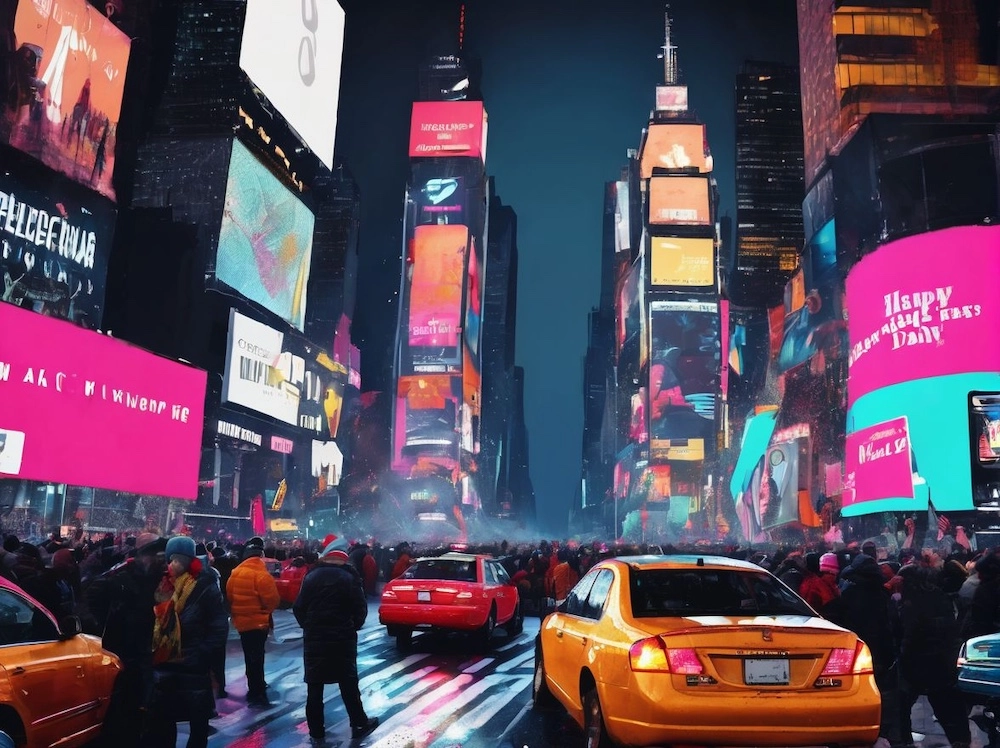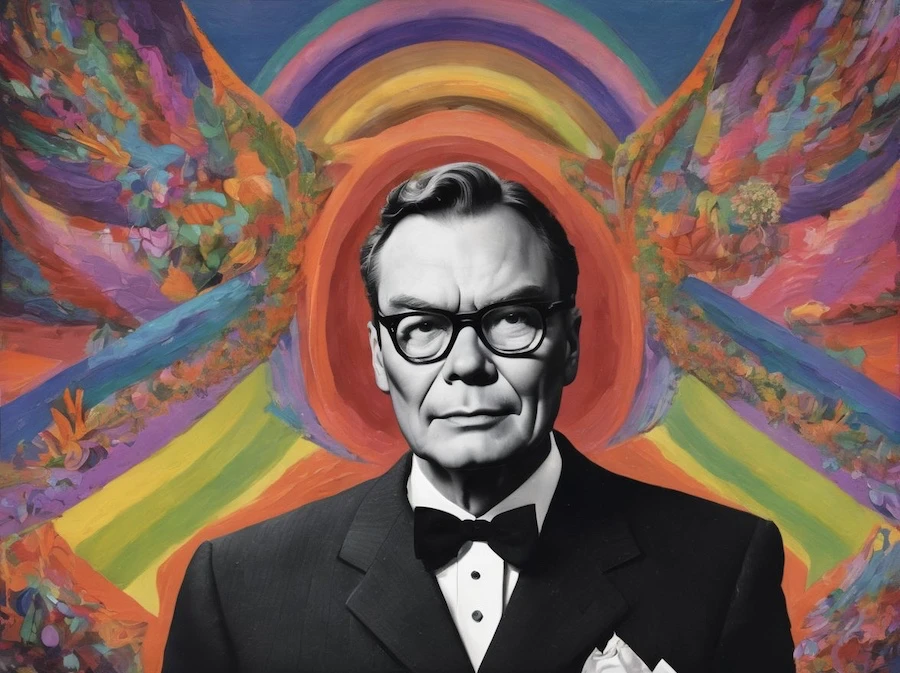September 12, 2023- 3RD OF 3
Navigating the Complexities of the 21st Century
The world we live in today is vastly different from what it was just a few decades ago. The 21st century has ushered in a multitude of changes that have reshaped the way we live, work, and interact with one another. From advancements in technology to shifts in global politics, the pace of change seems to be accelerating, presenting both opportunities and challenges for individuals and societies worldwide. In this article, we will explore some of the key aspects of our changing world and how we can navigate its complexities.
Technological Advancements
One of the most significant drivers of change in the 21st century has been the rapid advancement of technology. The proliferation of smartphones, high-speed internet, and the rise of artificial intelligence has transformed the way we communicate, do business, and access information. These technologies have brought about unprecedented levels of connectivity and convenience, but they have also raised important questions about privacy, security, and the ethical use of data.
As our world becomes increasingly digital, individuals and organizations must adapt to stay relevant. Lifelong learning and digital literacy have become essential skills for navigating the modern world, and embracing technology can open up new opportunities for innovation and growth.
Globalization and Interconnectedness
The world is more interconnected than ever before. Globalization has led to the free flow of goods, services, and information across borders, creating a complex web of interdependence. While globalization has brought about economic growth and cultural exchange, it has also exposed vulnerabilities in the global supply chain and highlighted issues such as income inequality and environmental degradation.
Navigating this interconnected world requires a greater emphasis on cooperation and diplomacy. Addressing global challenges, such as climate change, requires coordinated efforts from nations and international organizations. Moreover, individuals must develop cross-cultural communication skills and a global mindset to thrive in an increasingly diverse and interconnected world.
g-ad
Environmental Concerns
The 21st century has seen a growing awareness of the environmental challenges facing our planet. Climate change, deforestation, pollution, and biodiversity loss are just a few of the pressing issues that demand our attention. As the consequences of environmental degradation become more apparent, individuals, businesses, and governments are taking steps to mitigate their impact.
Sustainable practices, renewable energy sources, and conservation efforts are becoming increasingly important. Individuals can contribute by making eco-friendly choices in their daily lives, while businesses can adopt sustainable practices to reduce their carbon footprint. Governments must implement policies that promote environmental conservation and reduce greenhouse gas emissions.
Shifting Demographics
Demographic changes are reshaping the world's population. The global population is aging, and birth rates are declining in many countries. At the same time, urbanization is on the rise, with more people living in cities than ever before. These demographic shifts have profound implications for healthcare, social welfare, and economic systems.
Adapting to these changes requires innovative solutions in areas such as healthcare, housing, and transportation. It also necessitates a reimagining of how we care for and support our aging populations. Embracing diversity and inclusivity is crucial as our societies become more diverse and multicultural.
g-ad
Geopolitical Shifts
Geopolitical dynamics are in constant flux, with power shifting among nations and regions. Emerging economies like China and India are gaining influence on the world stage, challenging the traditional dominance of Western powers. Additionally, issues like cybersecurity and the militarization of space have introduced new dimensions to global politics.
To navigate these geopolitical shifts, countries must engage in diplomatic dialogue and cooperation to address common challenges. Multilateral institutions like the United Nations play a vital role in promoting peace and stability. It is essential to find common ground and work toward global solutions that benefit all nations.
The changing world of the 21st century presents a complex landscape filled with both opportunities and challenges. Embracing technological advancements, fostering global cooperation, addressing environmental concerns, adapting to shifting demographics, and navigating geopolitical shifts are all critical aspects of thriving in this evolving world.
As individuals, communities, and nations, we must be proactive in our approach to change, seeking innovative solutions and prioritizing sustainability, inclusivity, and cooperation. By doing so, we can work together to build a better future for ourselves and generations to come, ensuring that the world continues to evolve in positive and meaningful ways.

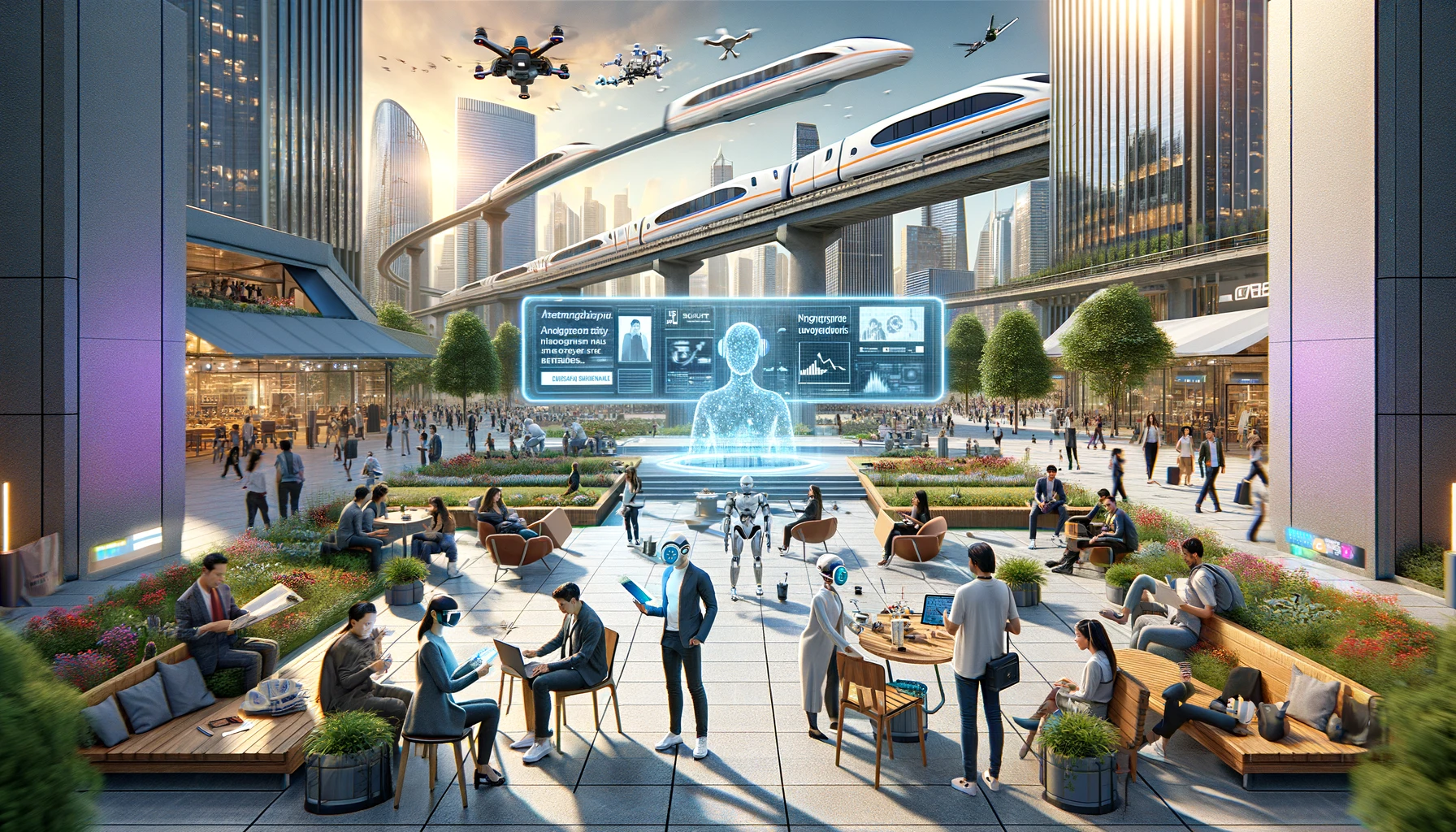
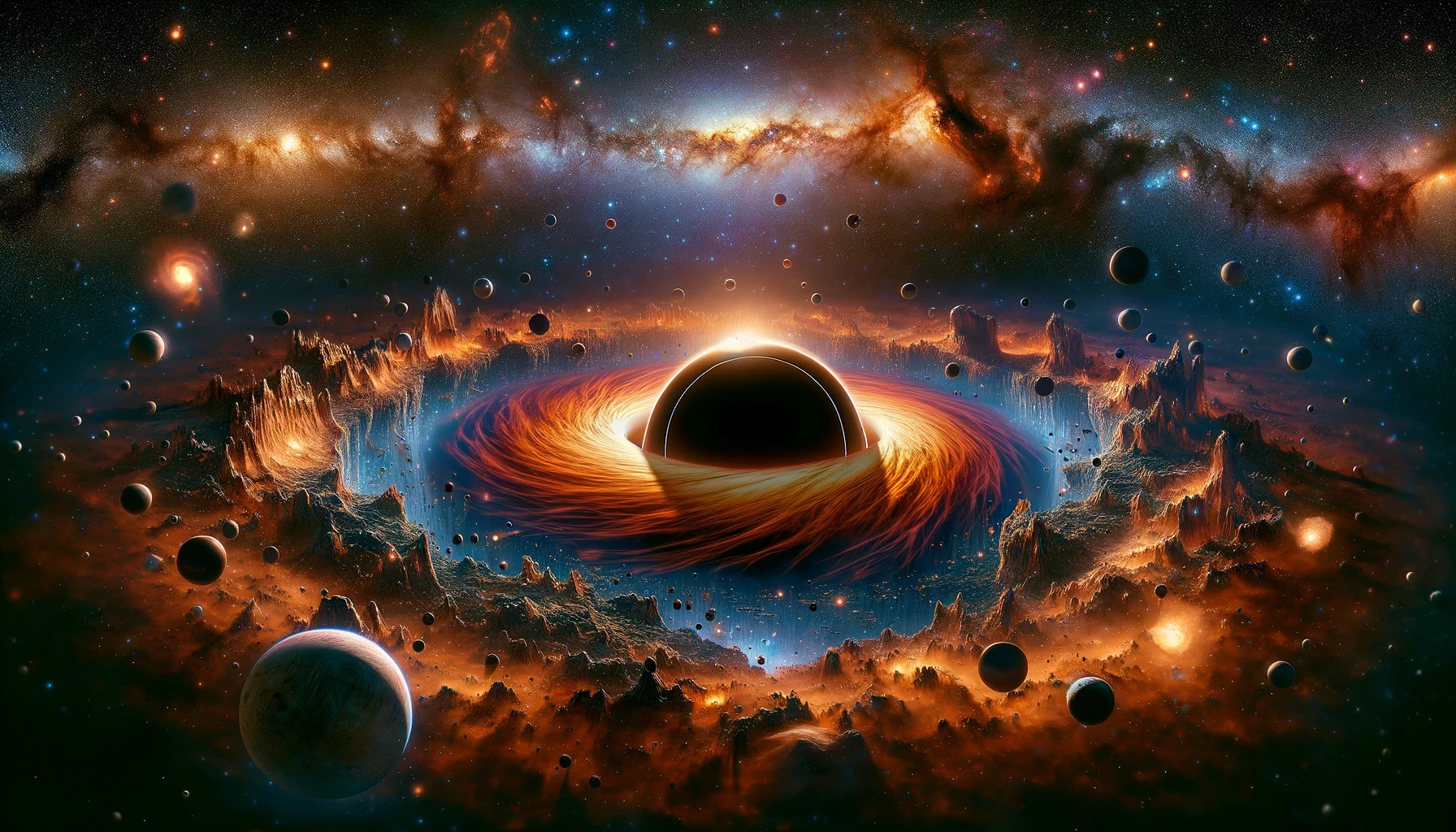
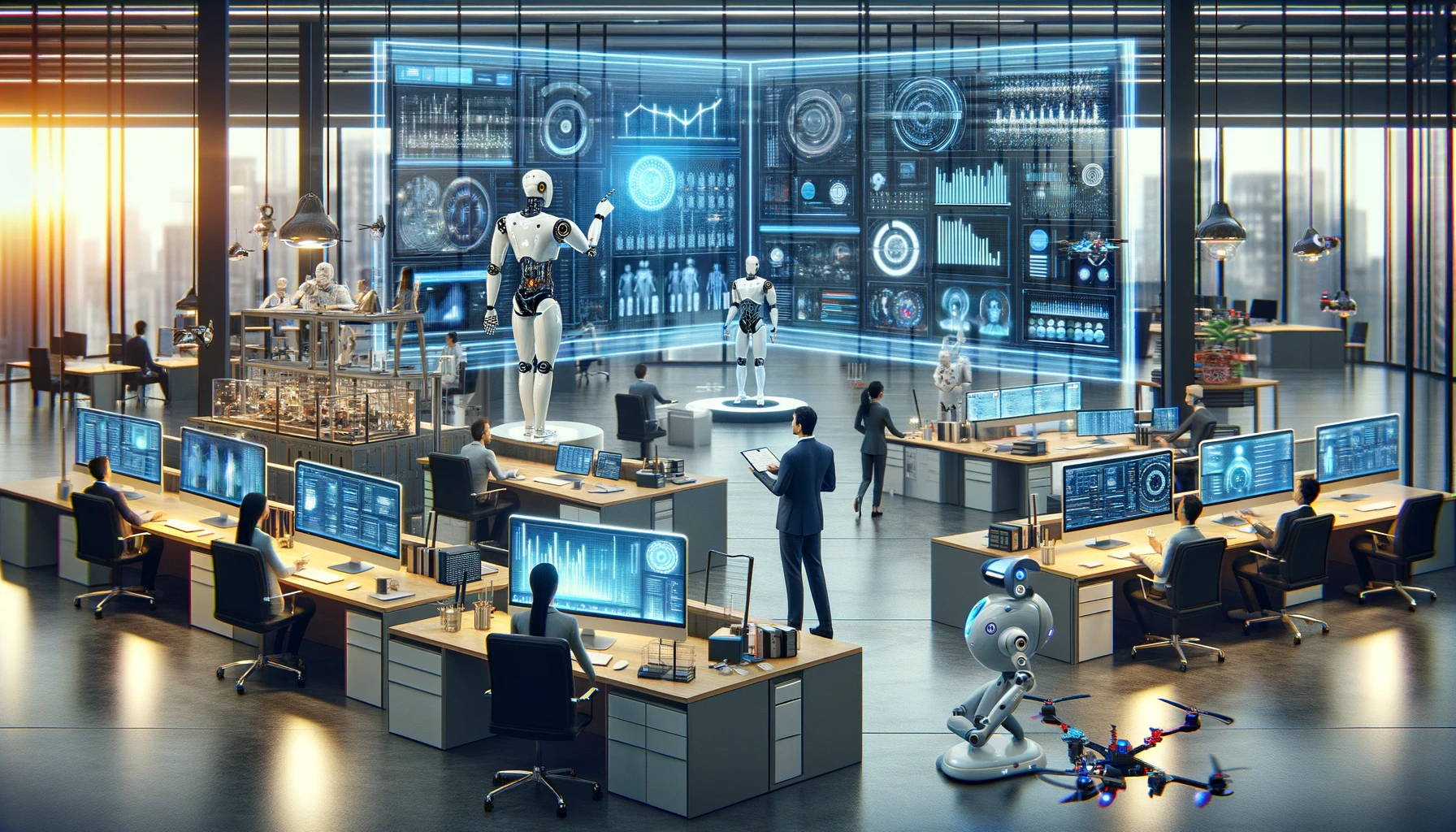



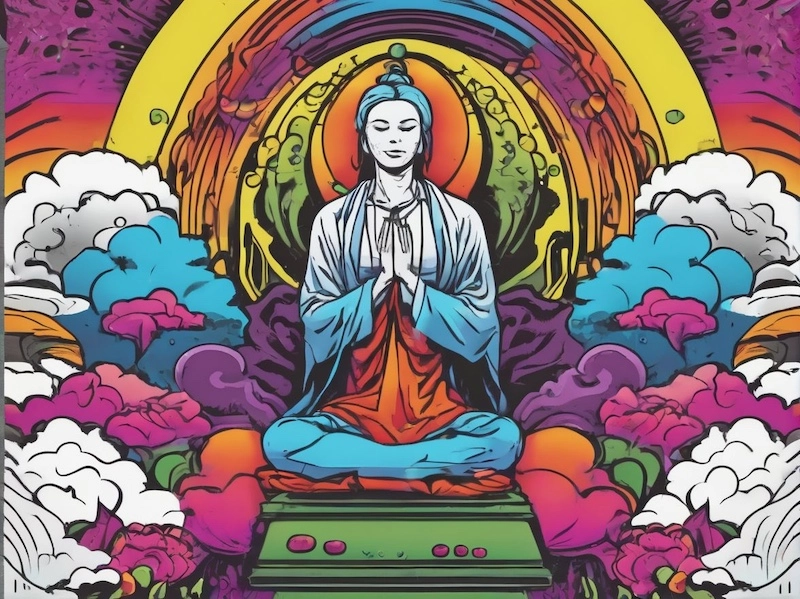
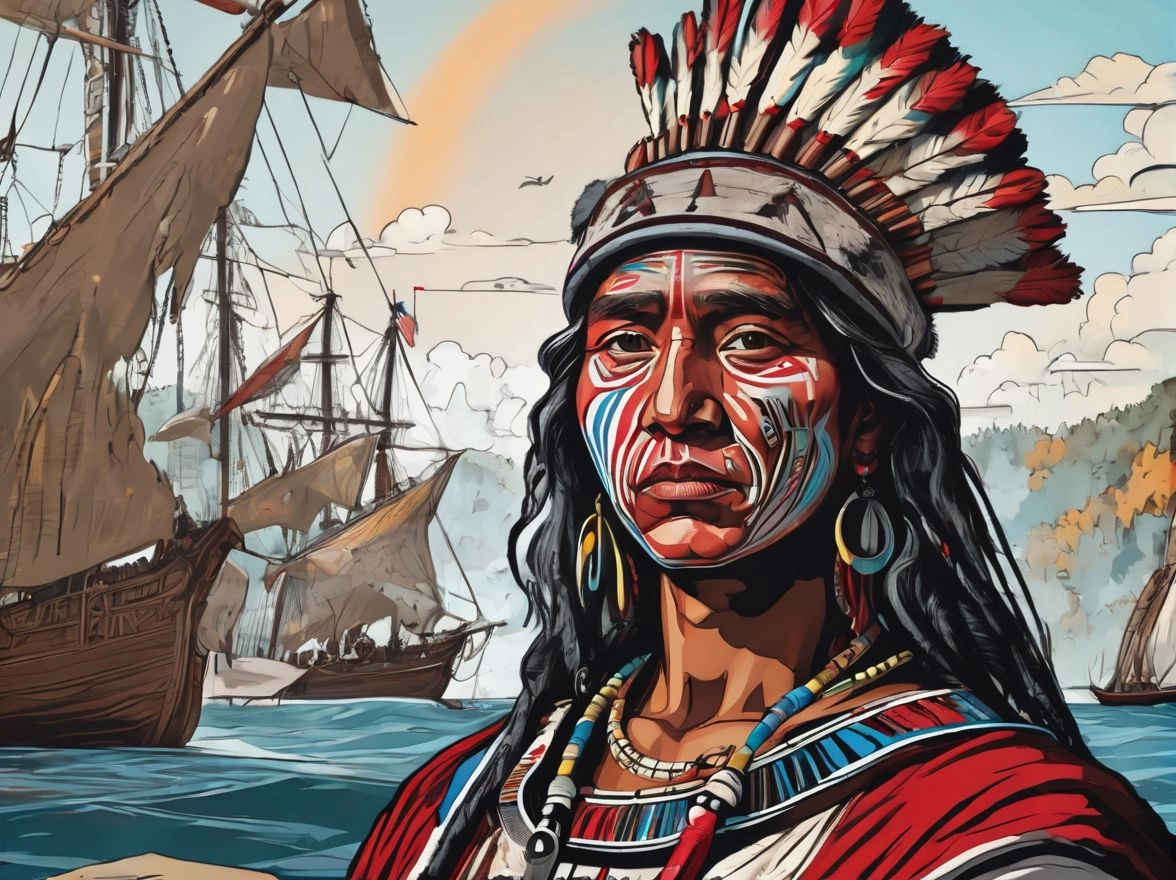
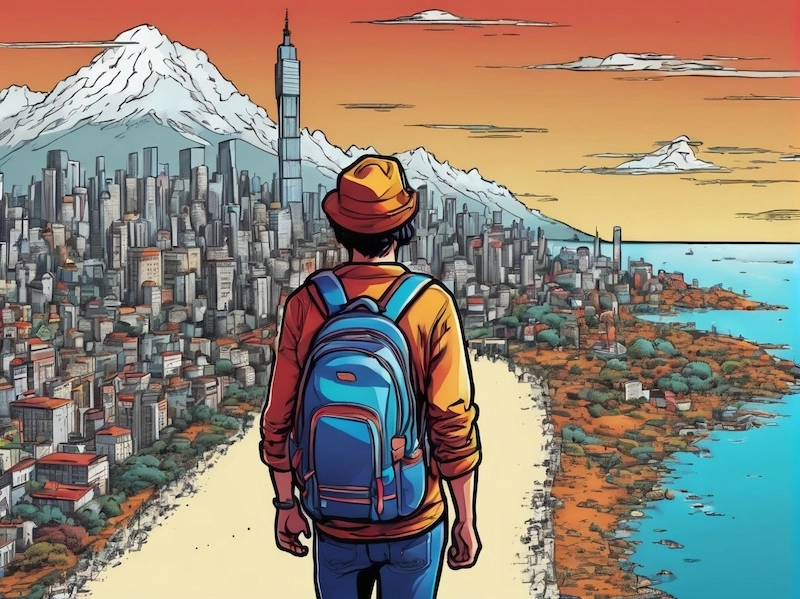

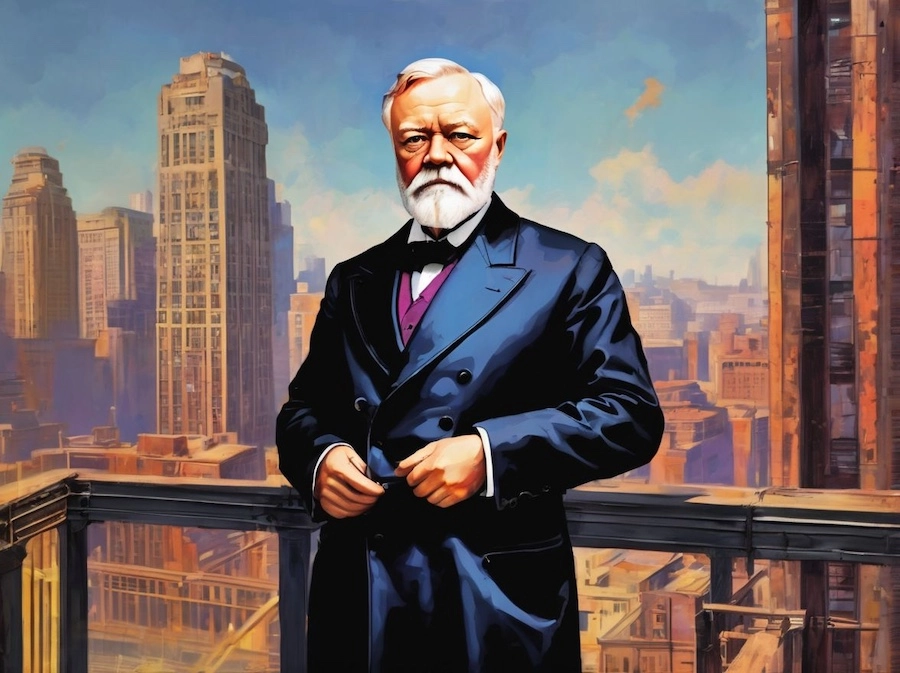
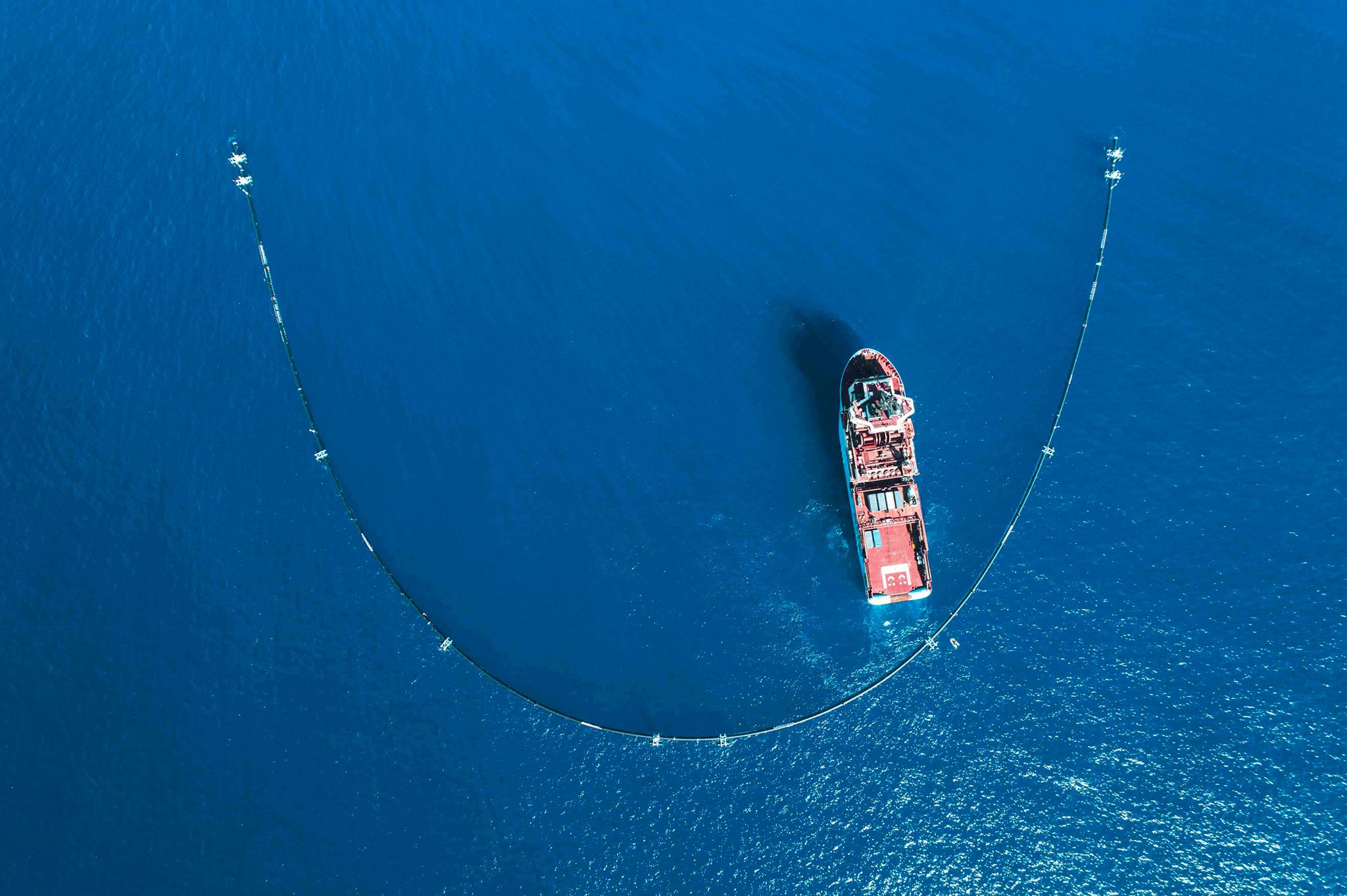
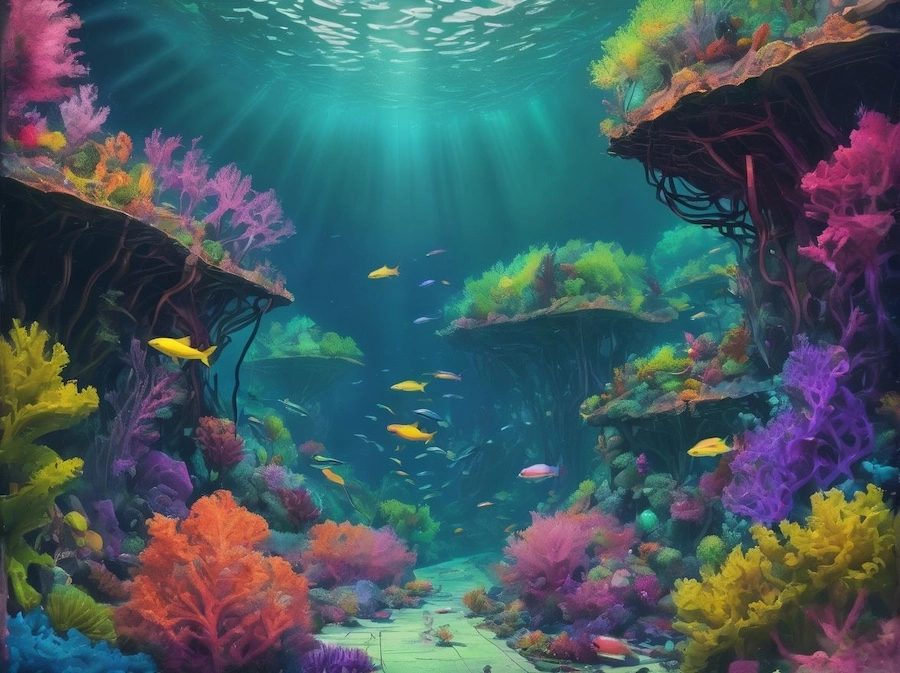
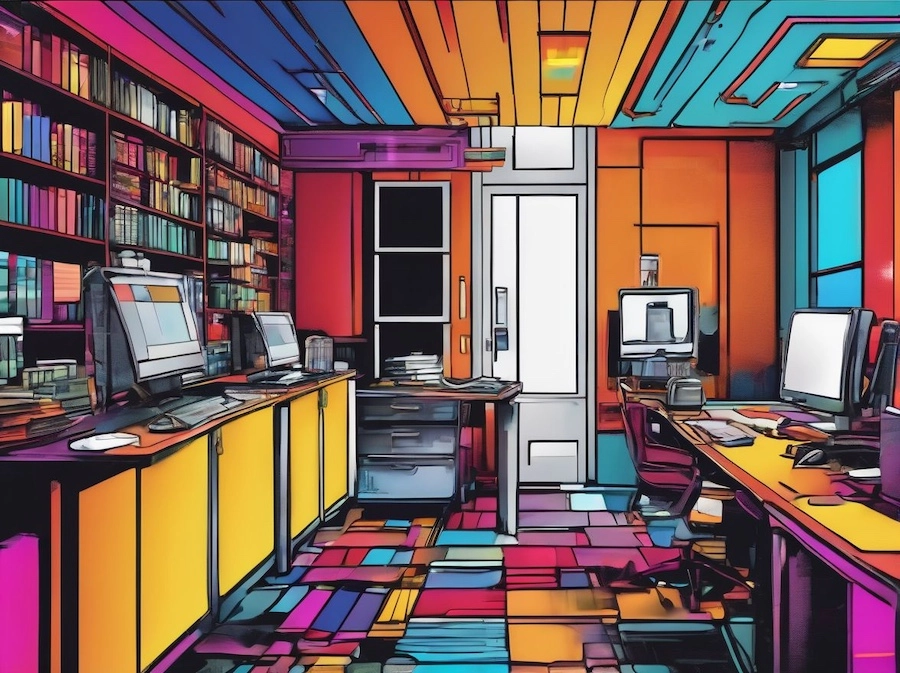


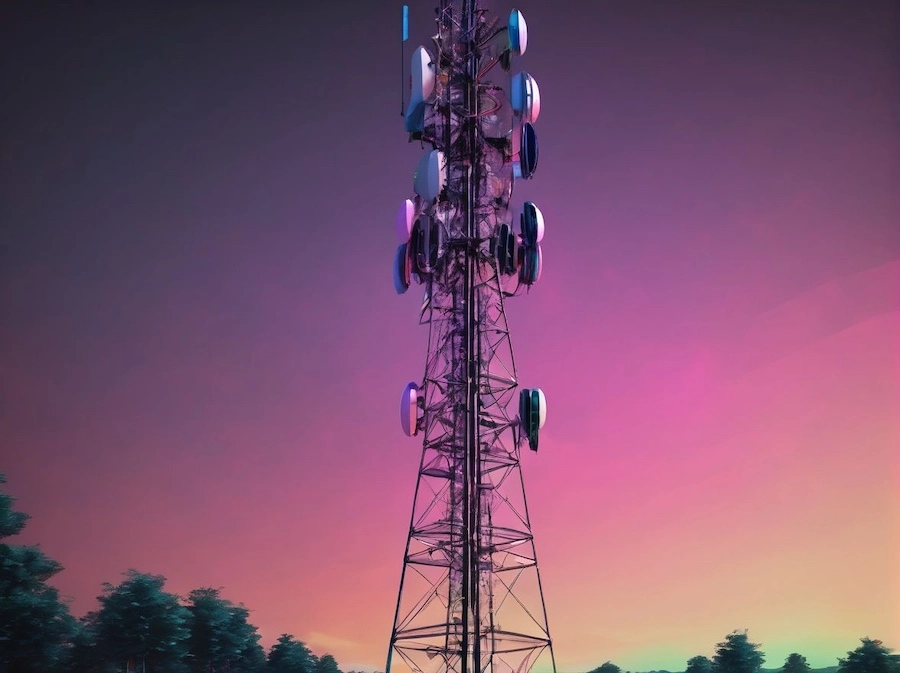

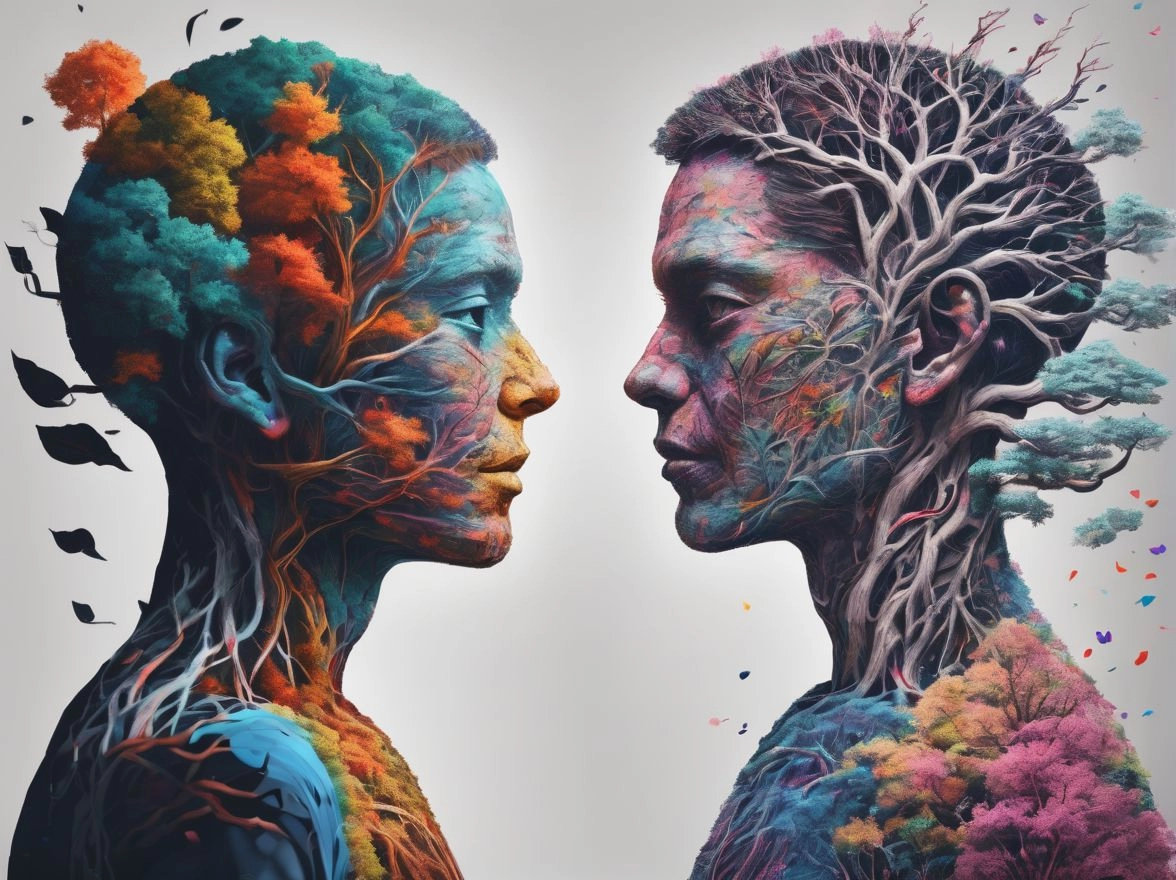
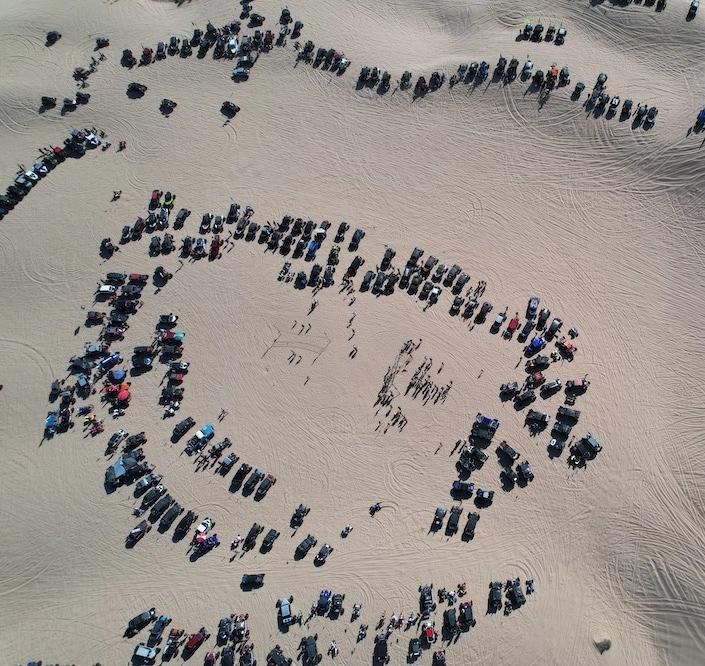






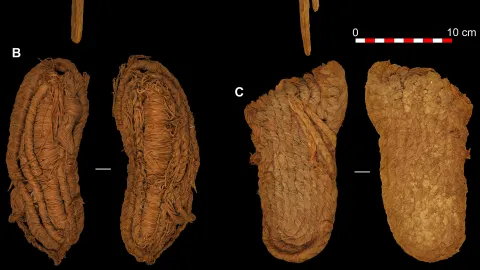

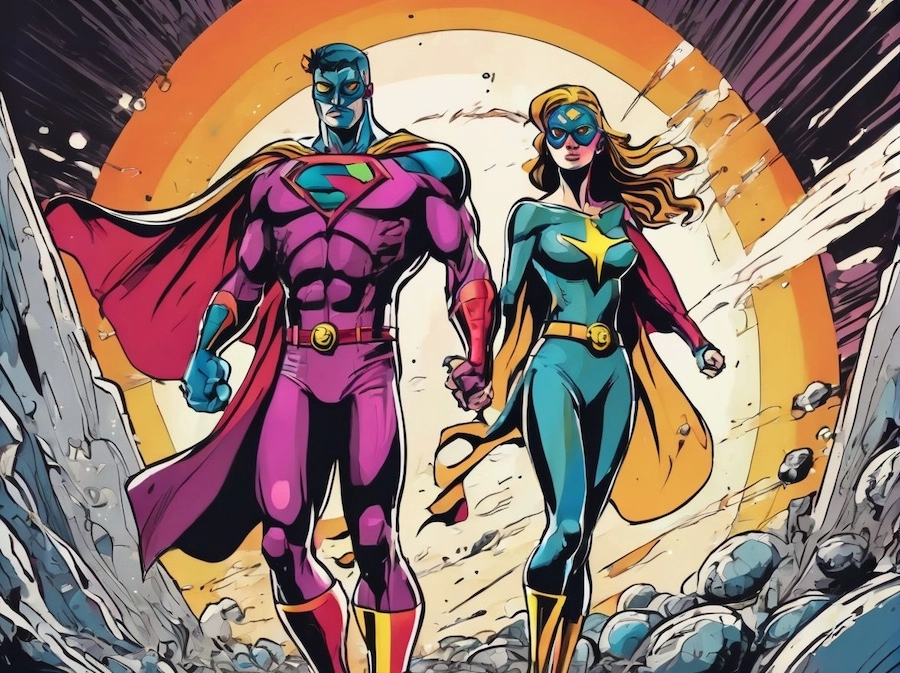

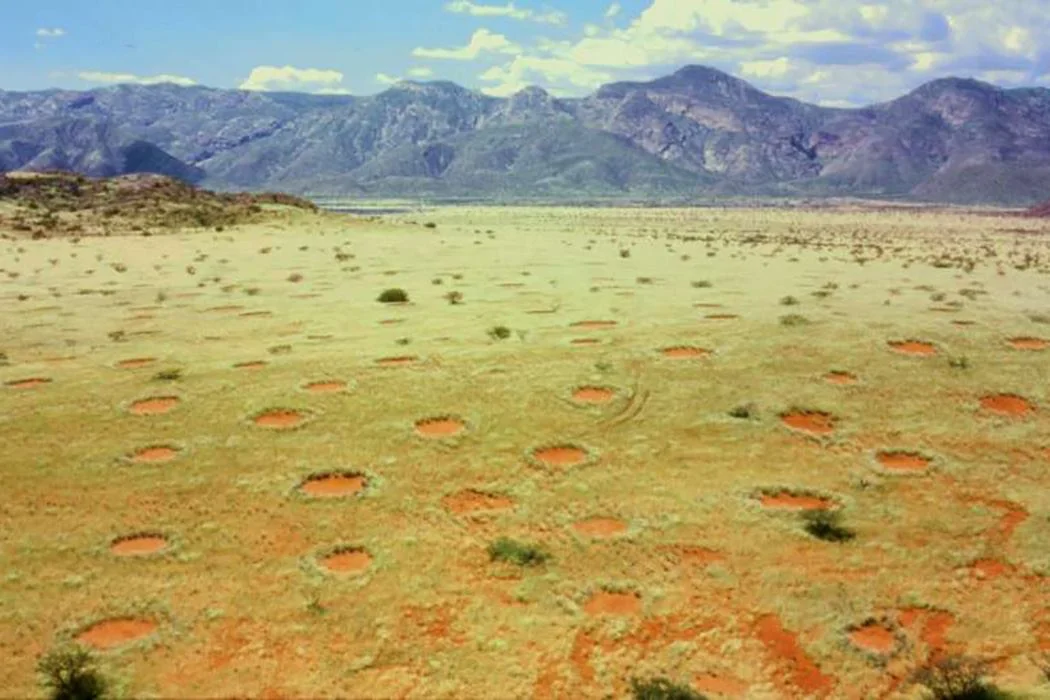
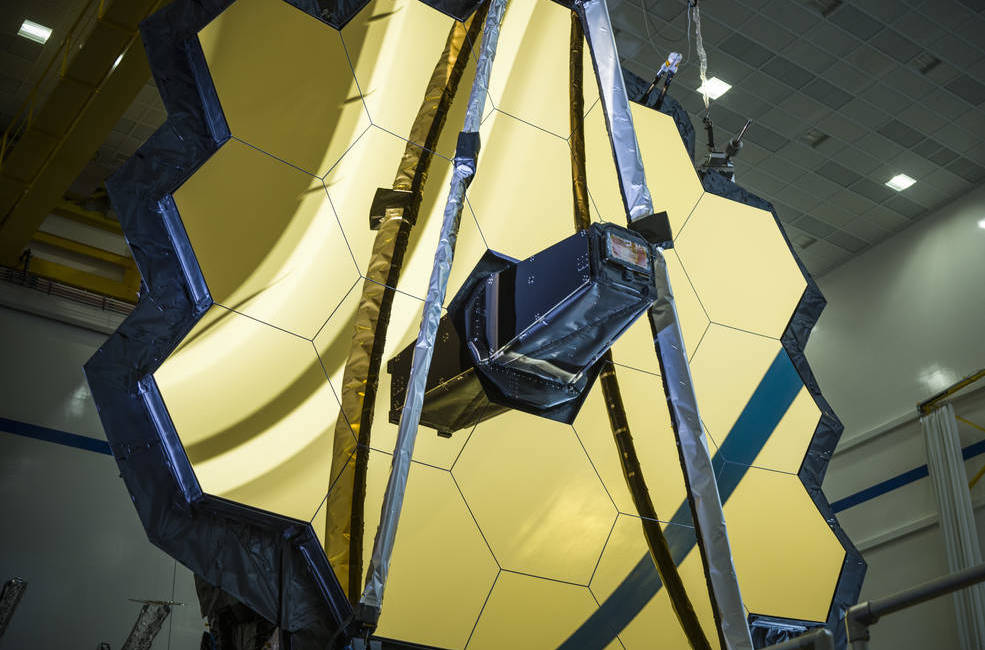
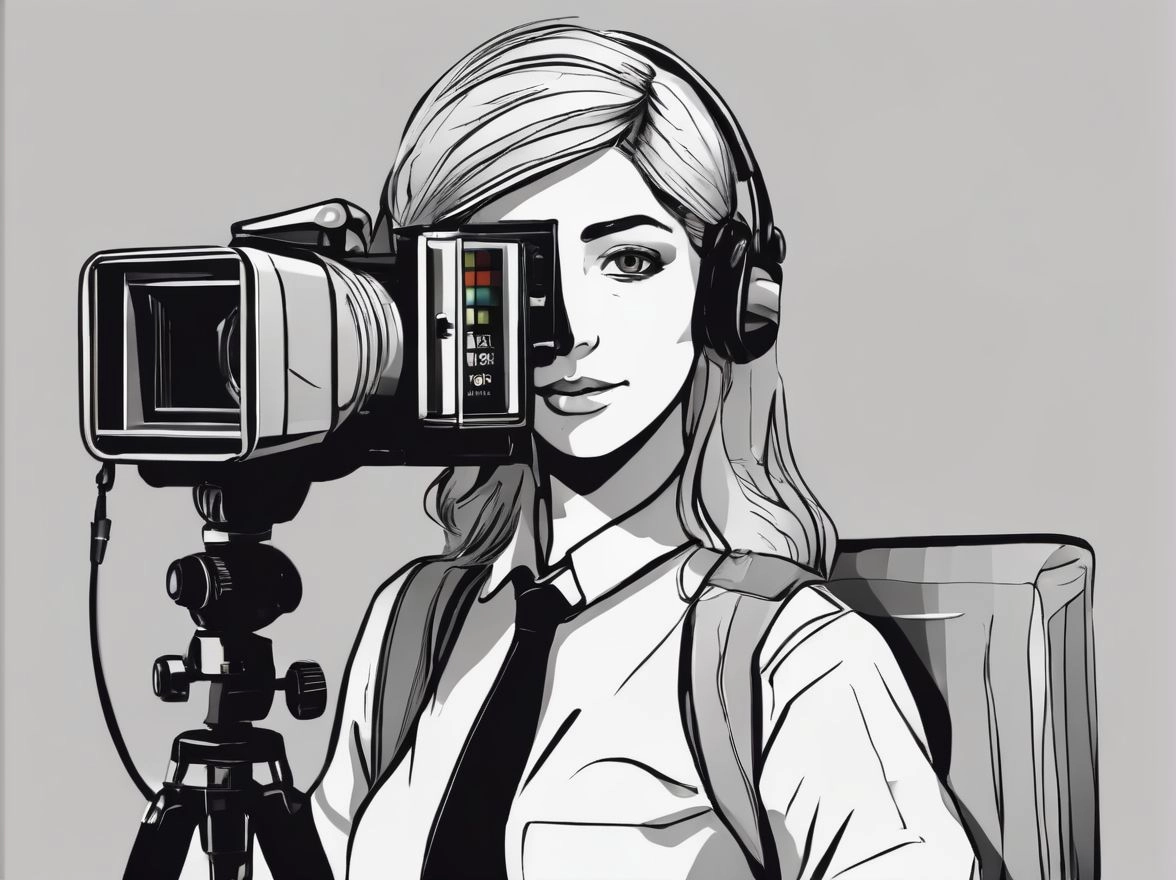

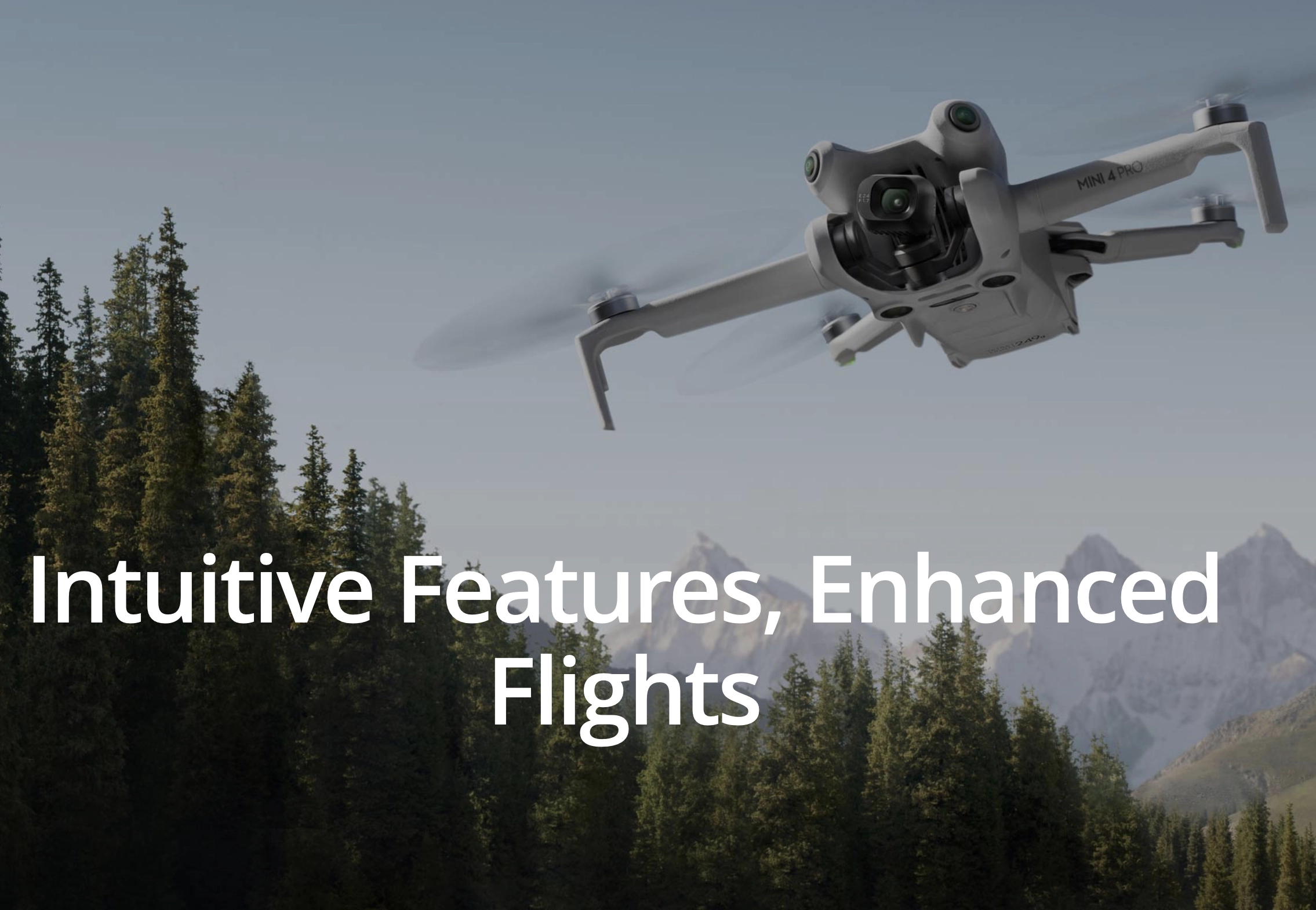

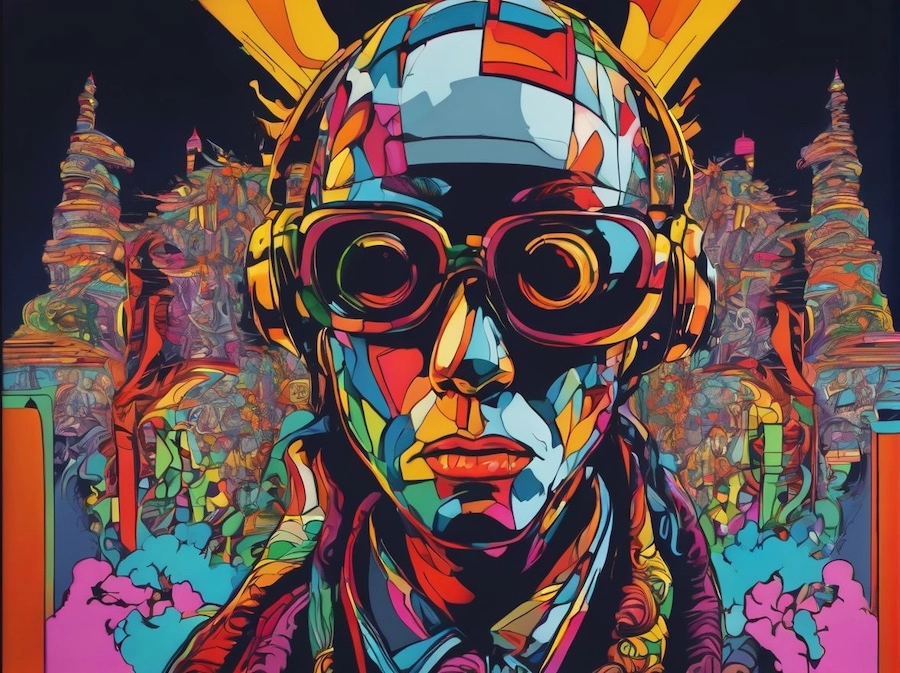
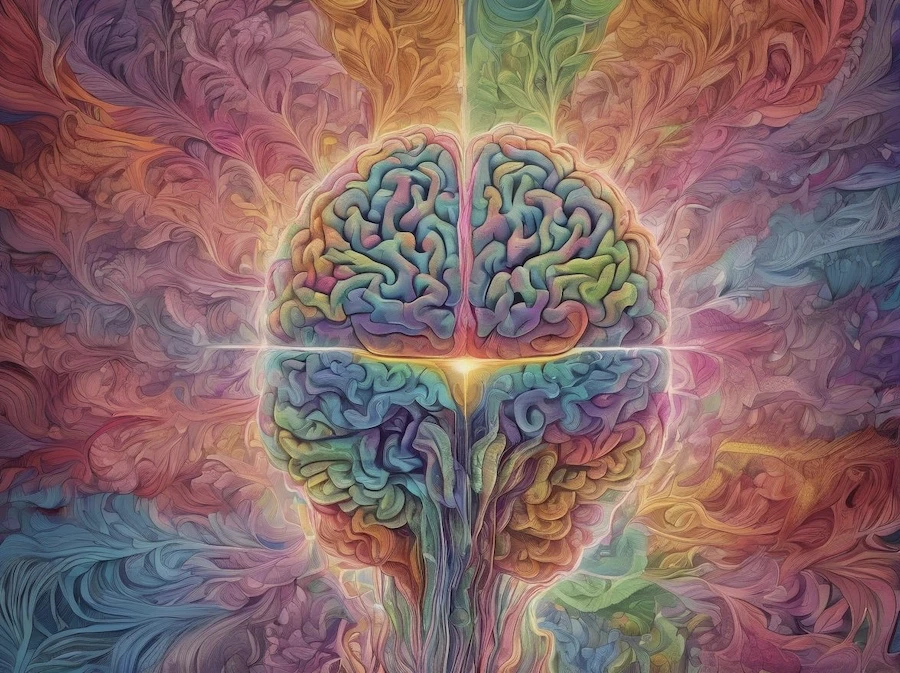
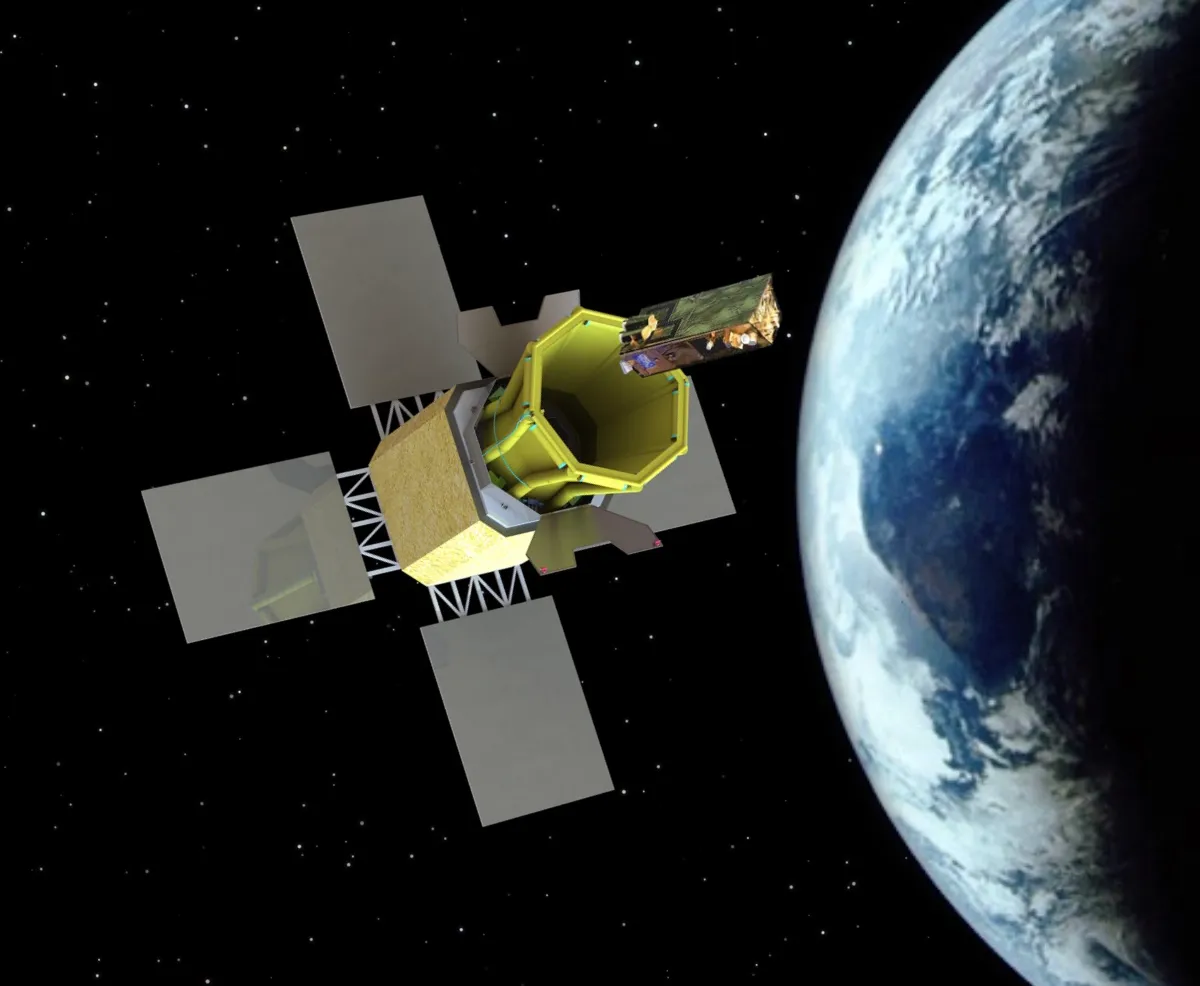


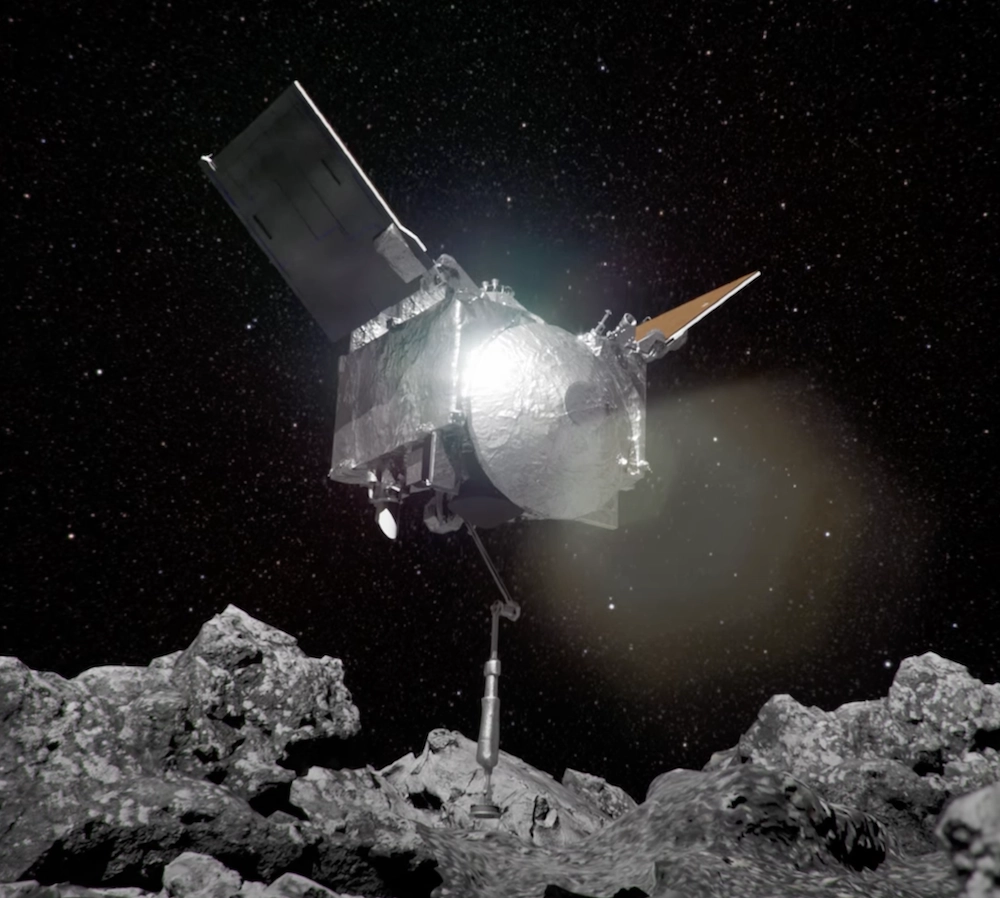


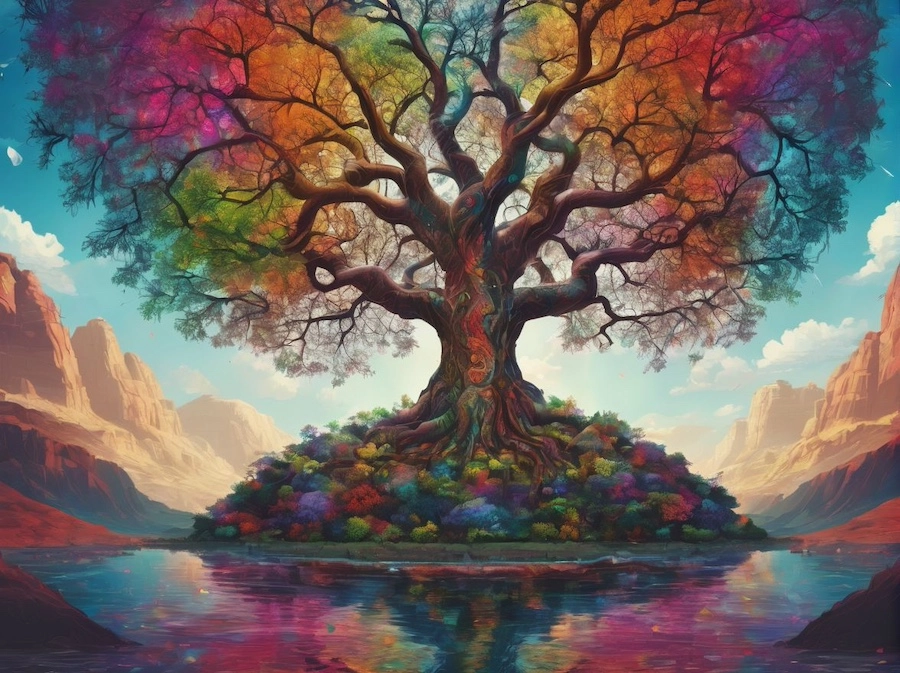

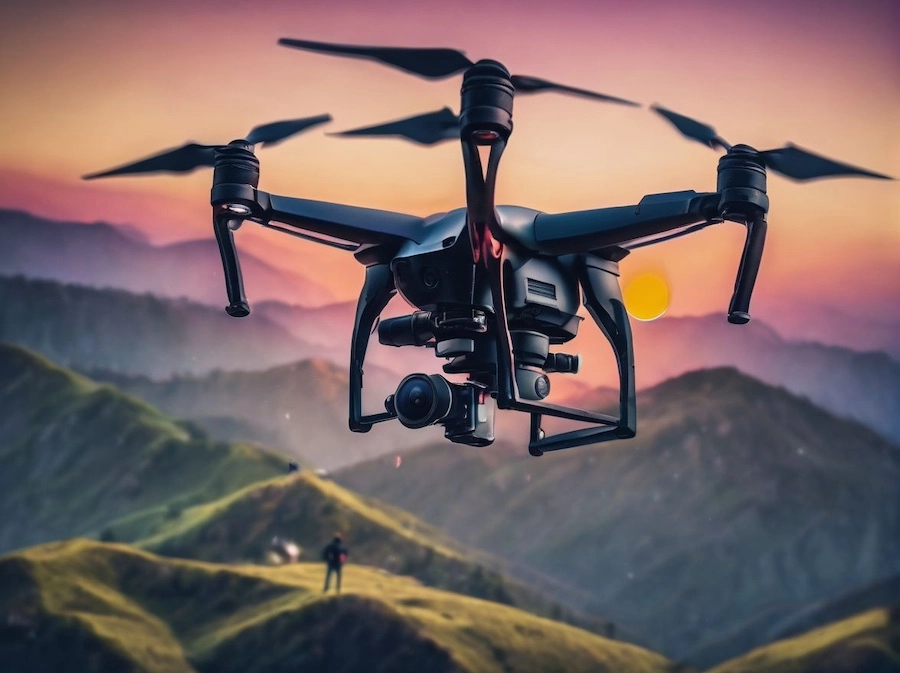
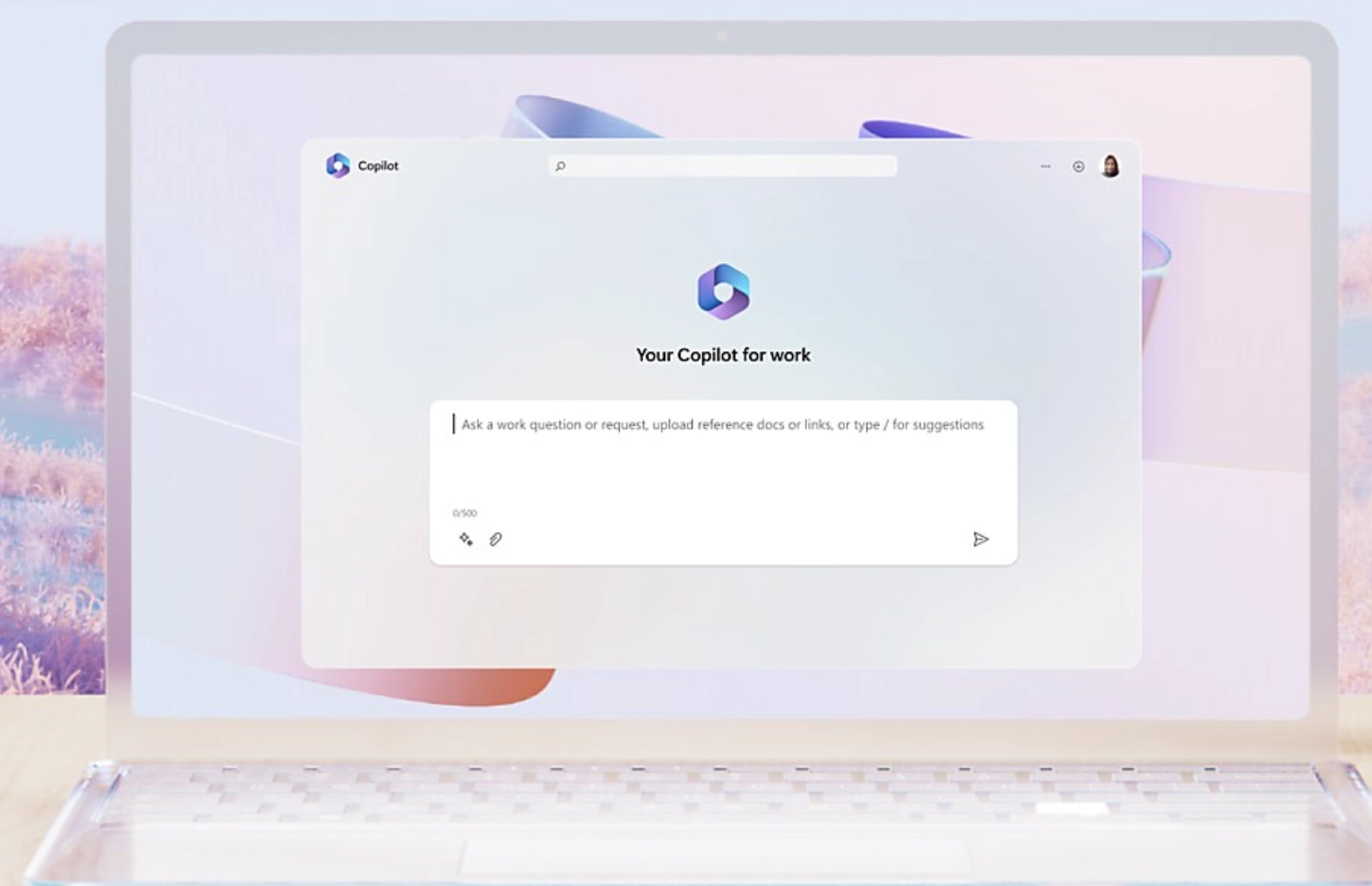

.webp)
.webp)

